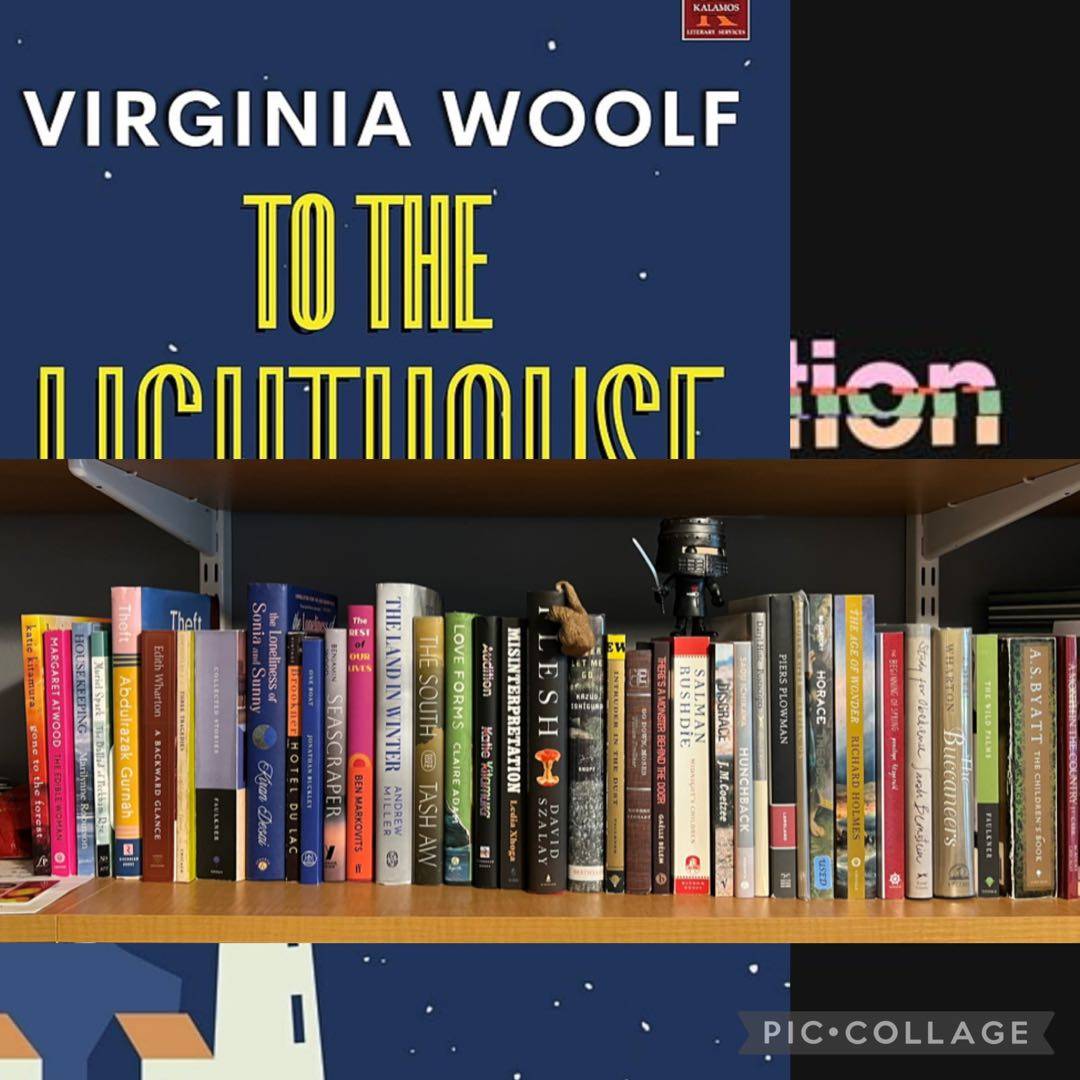
👆 The physical books I read this year that I didn‘t have to give back
Finally, and a bit late, my 2025 in review. Highlights here. Favorites in the comments
74 📚 617 hours 📖, 202 hours🎧
34 from 2020 or later. 5 were pre-1900. Faulkner and Wharton led to a bit from the 1930's and 1940s.
36 from the Booker Prize lists, including both longlists
+20 TBR increase ( 82 acquired vs 62 crossed off)
Gender: 31/42 m/f







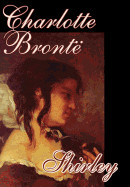
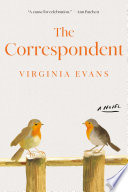

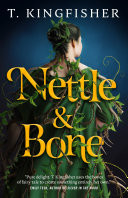


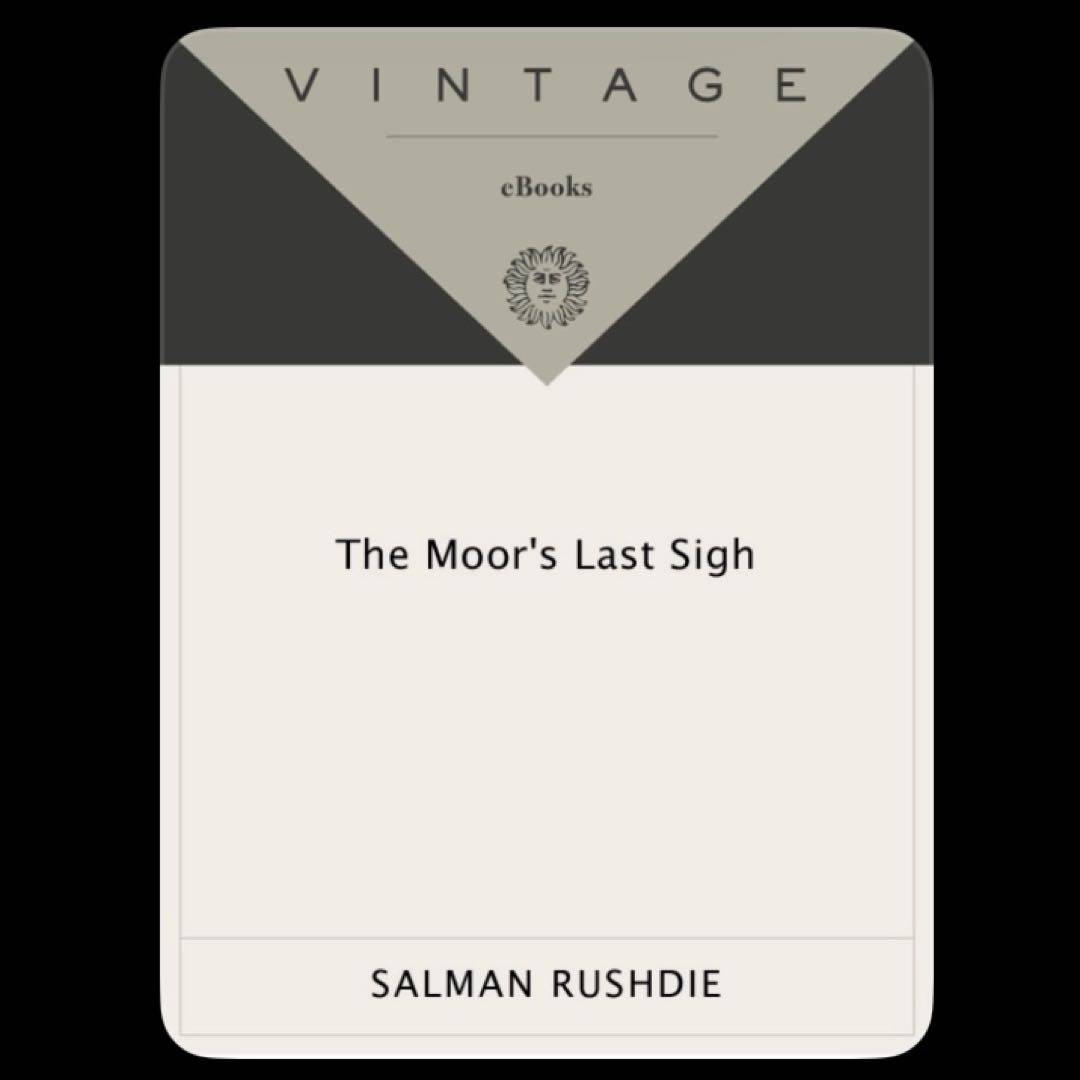
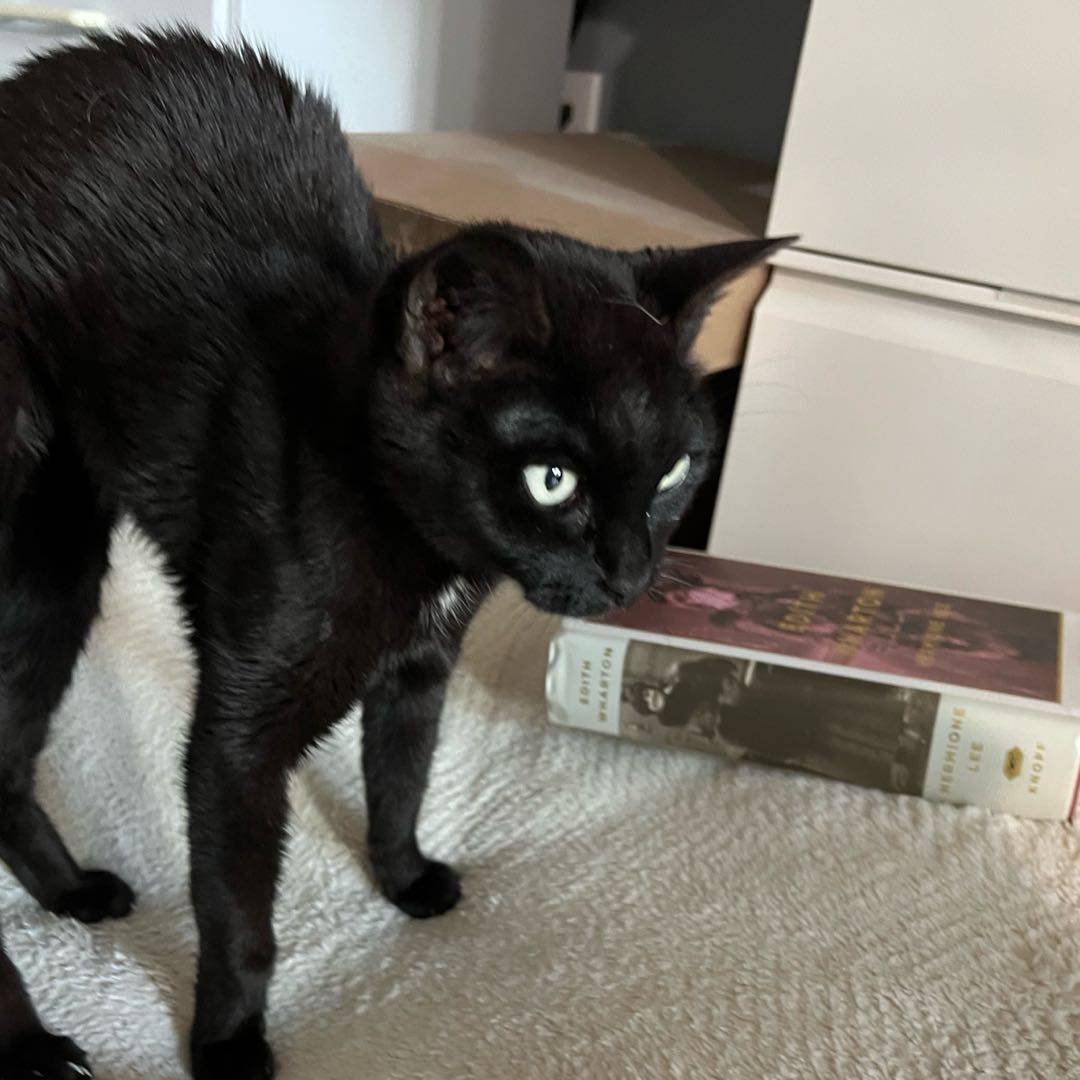
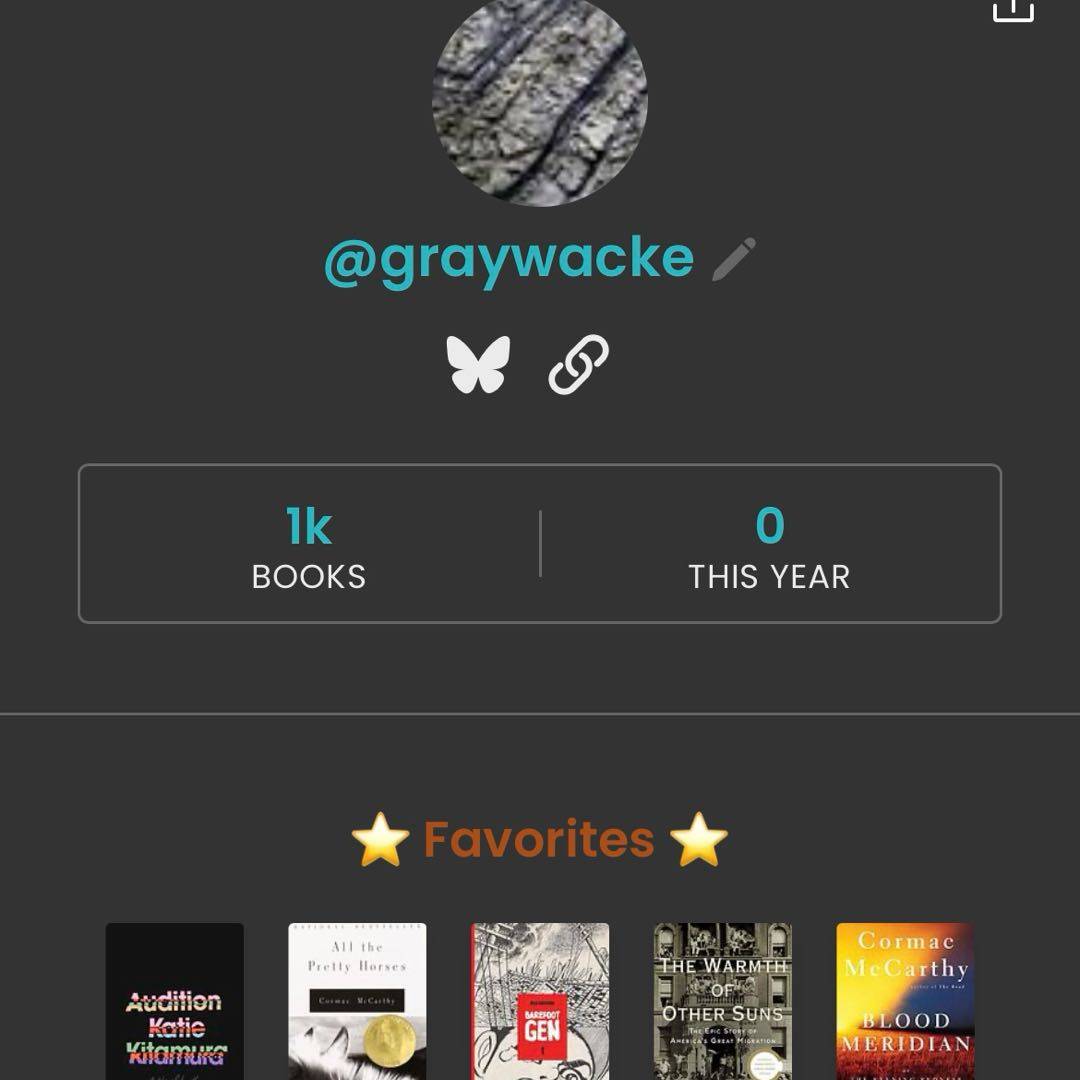

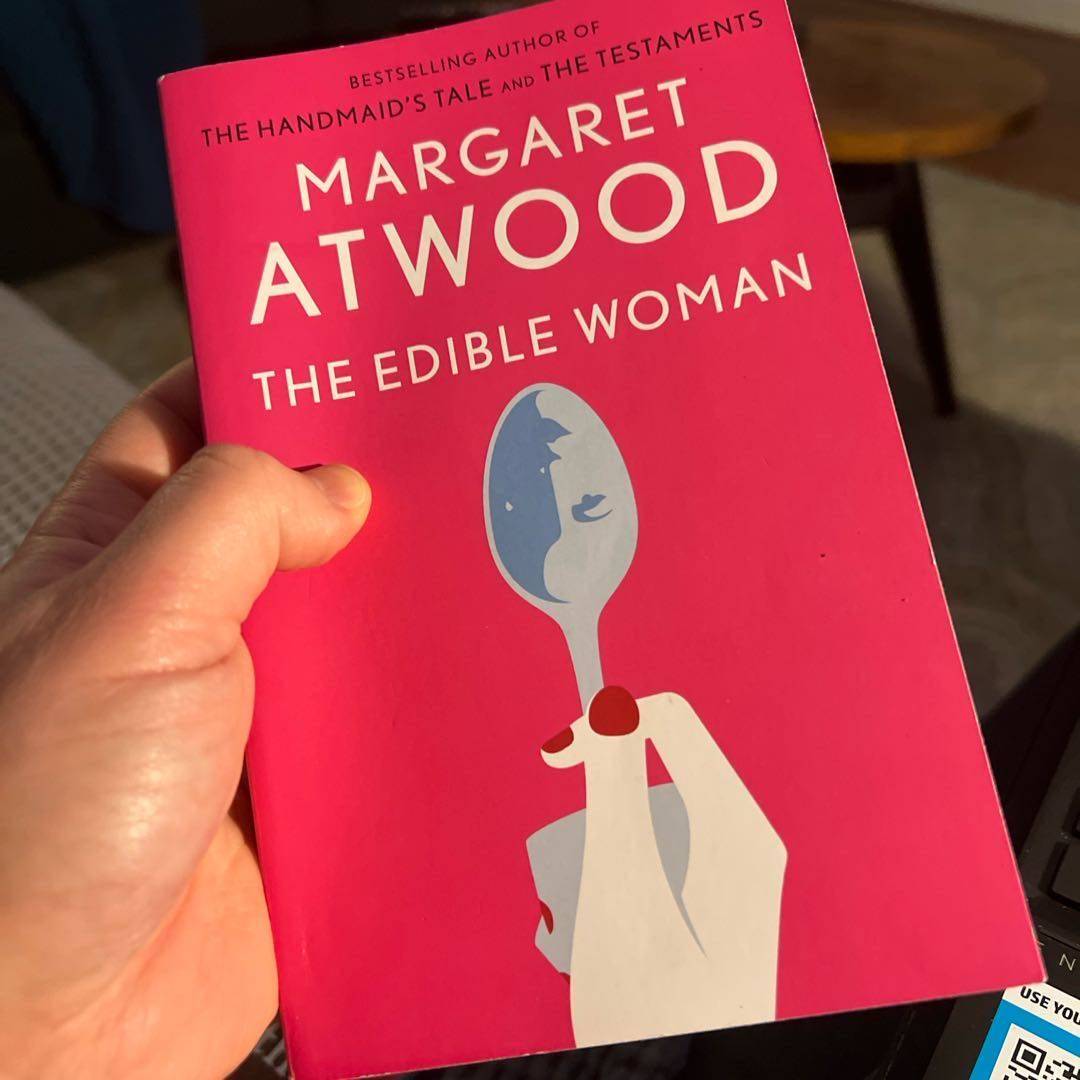

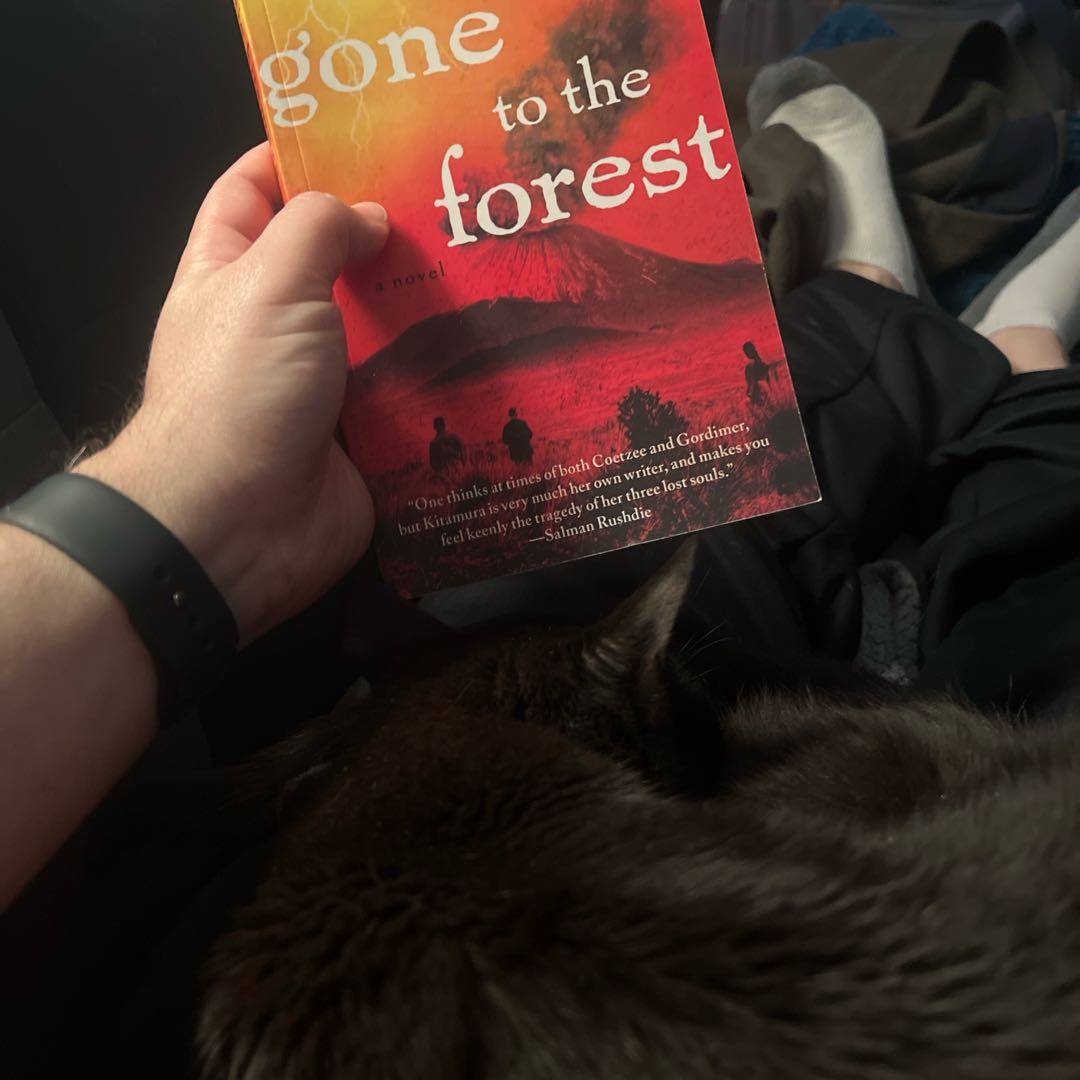
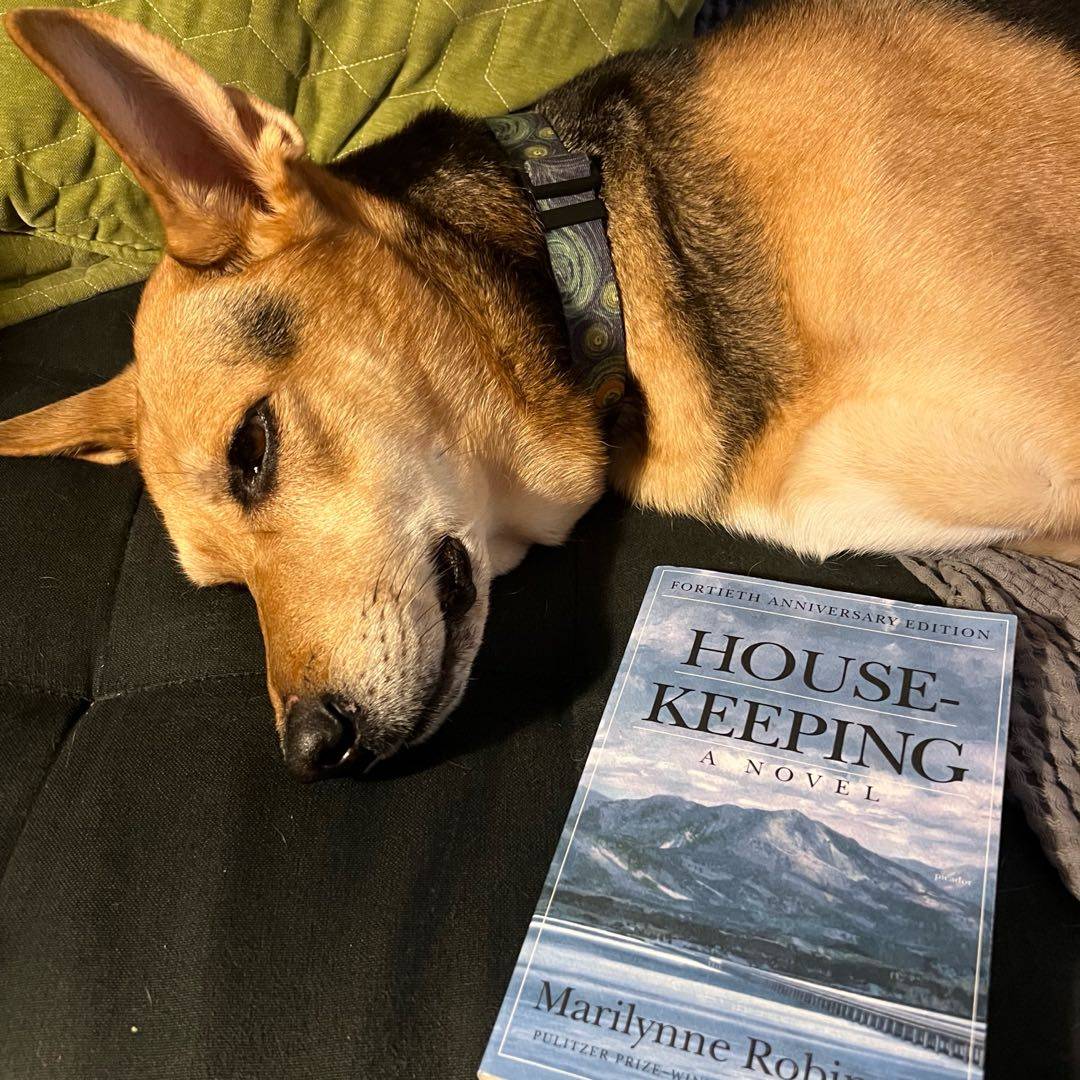
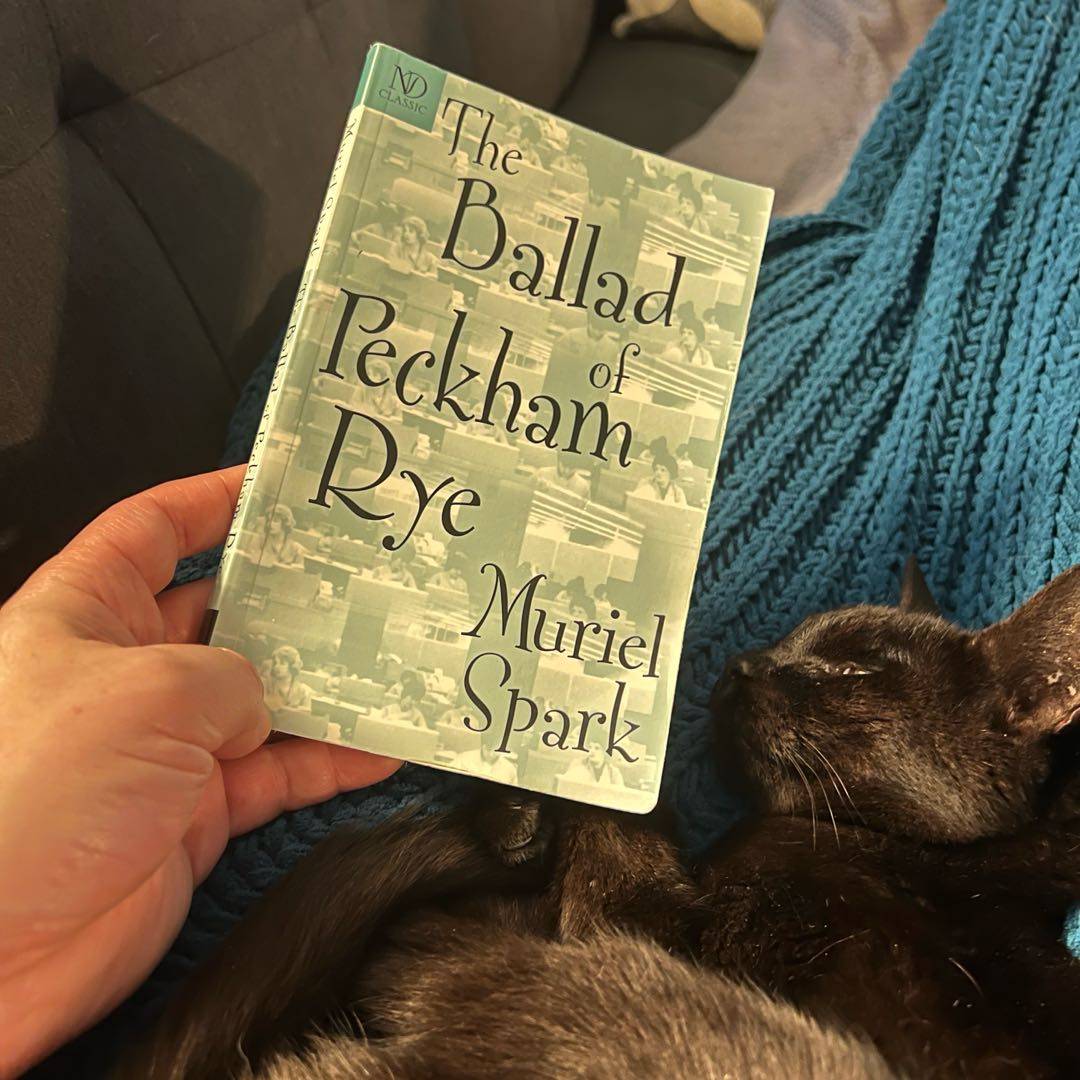
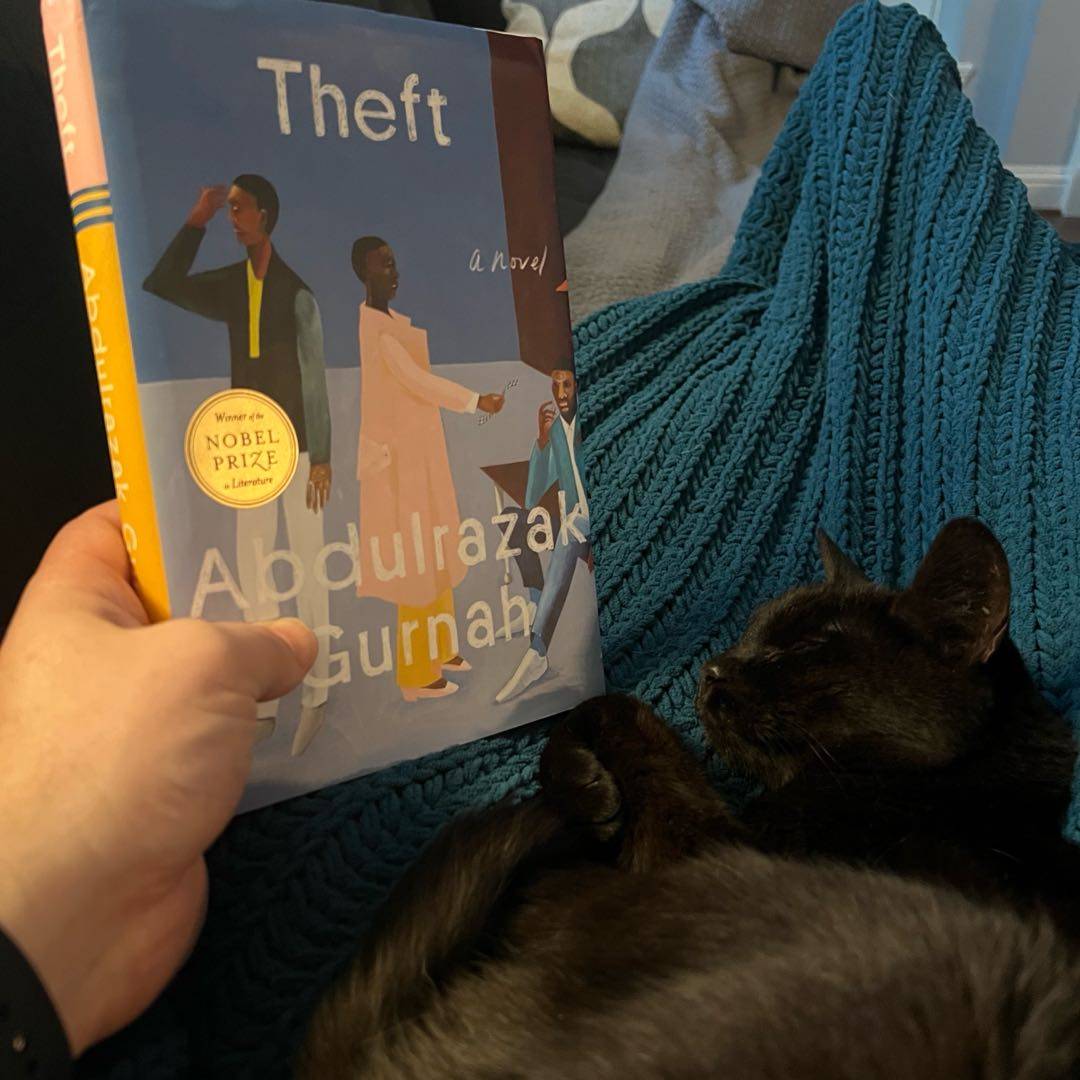
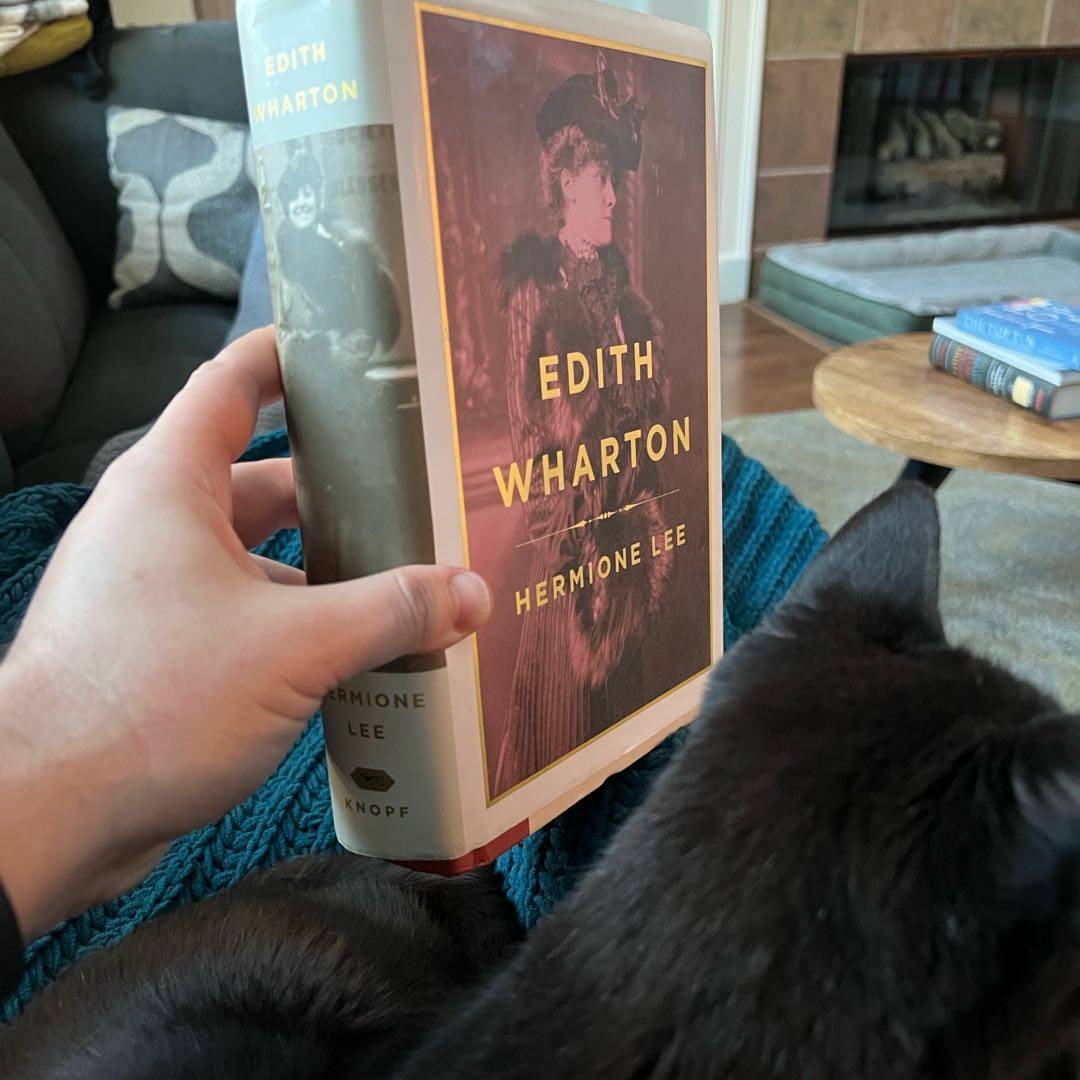
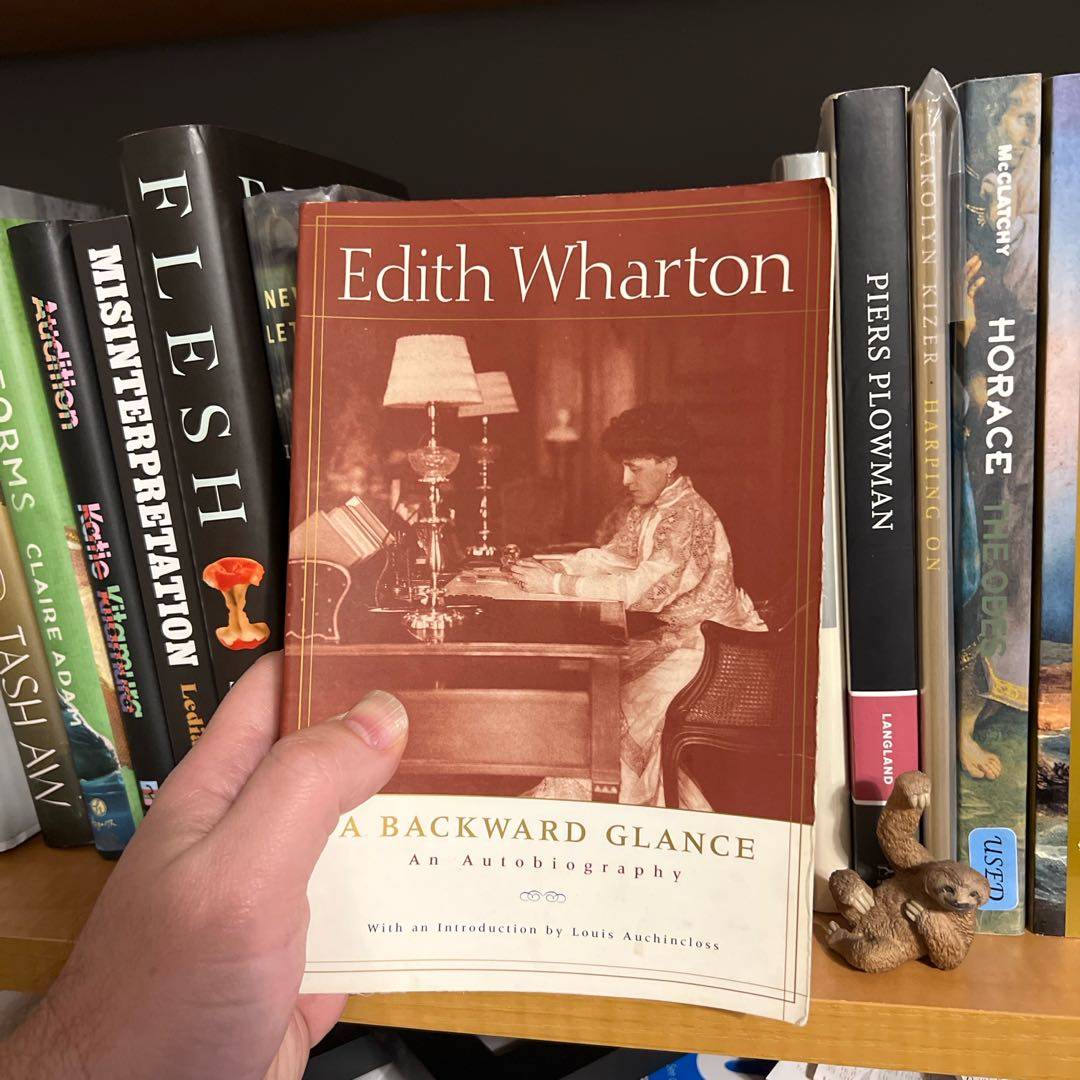
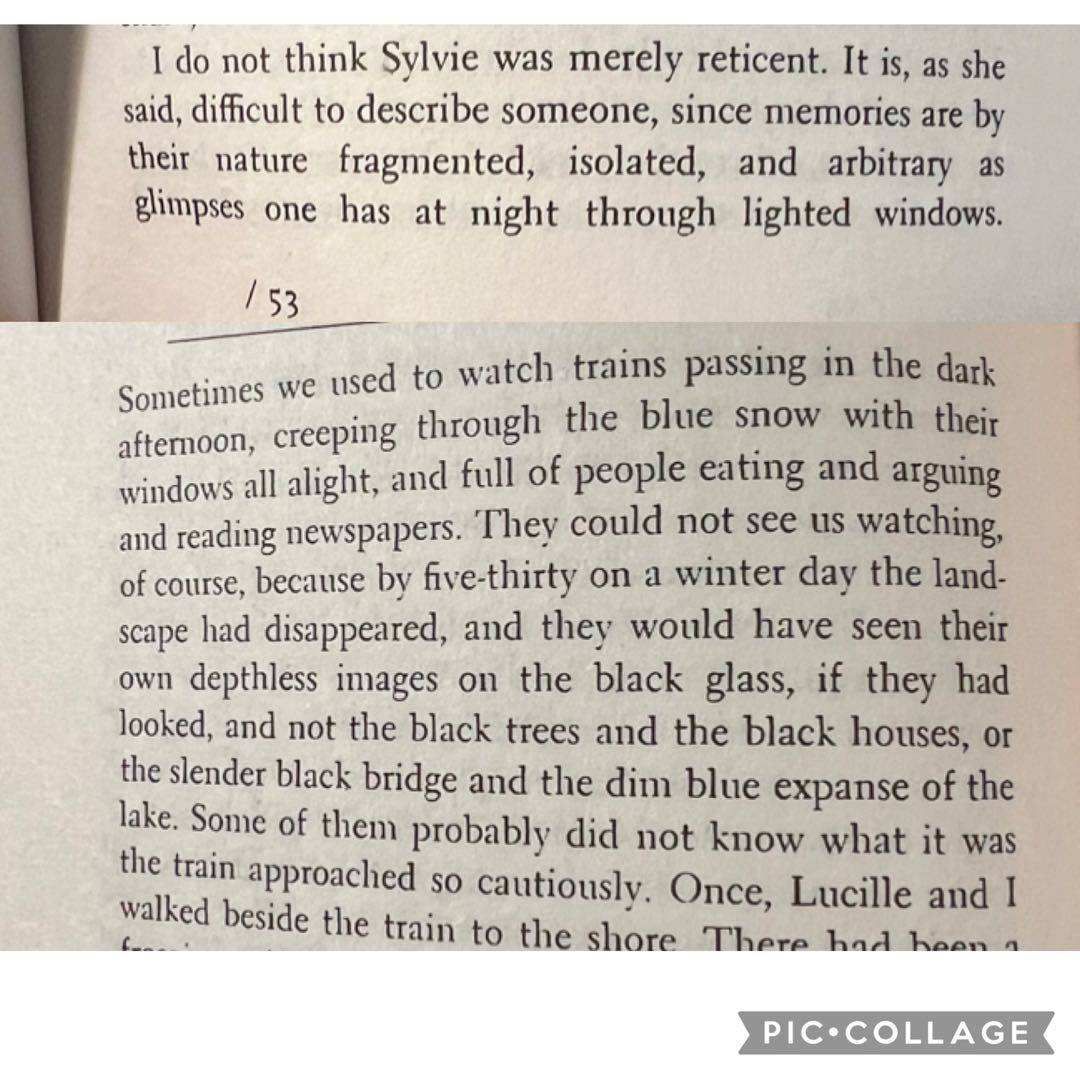
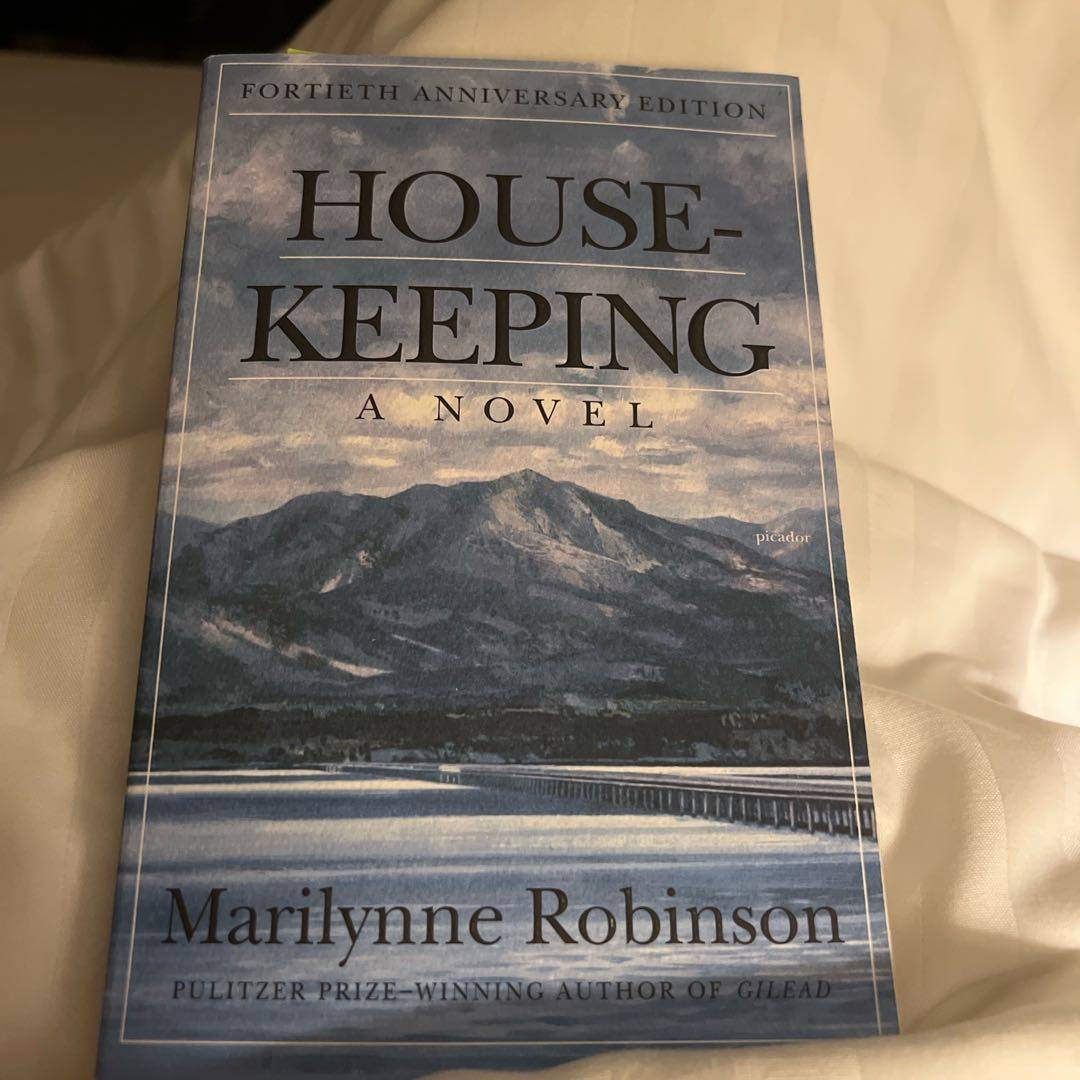
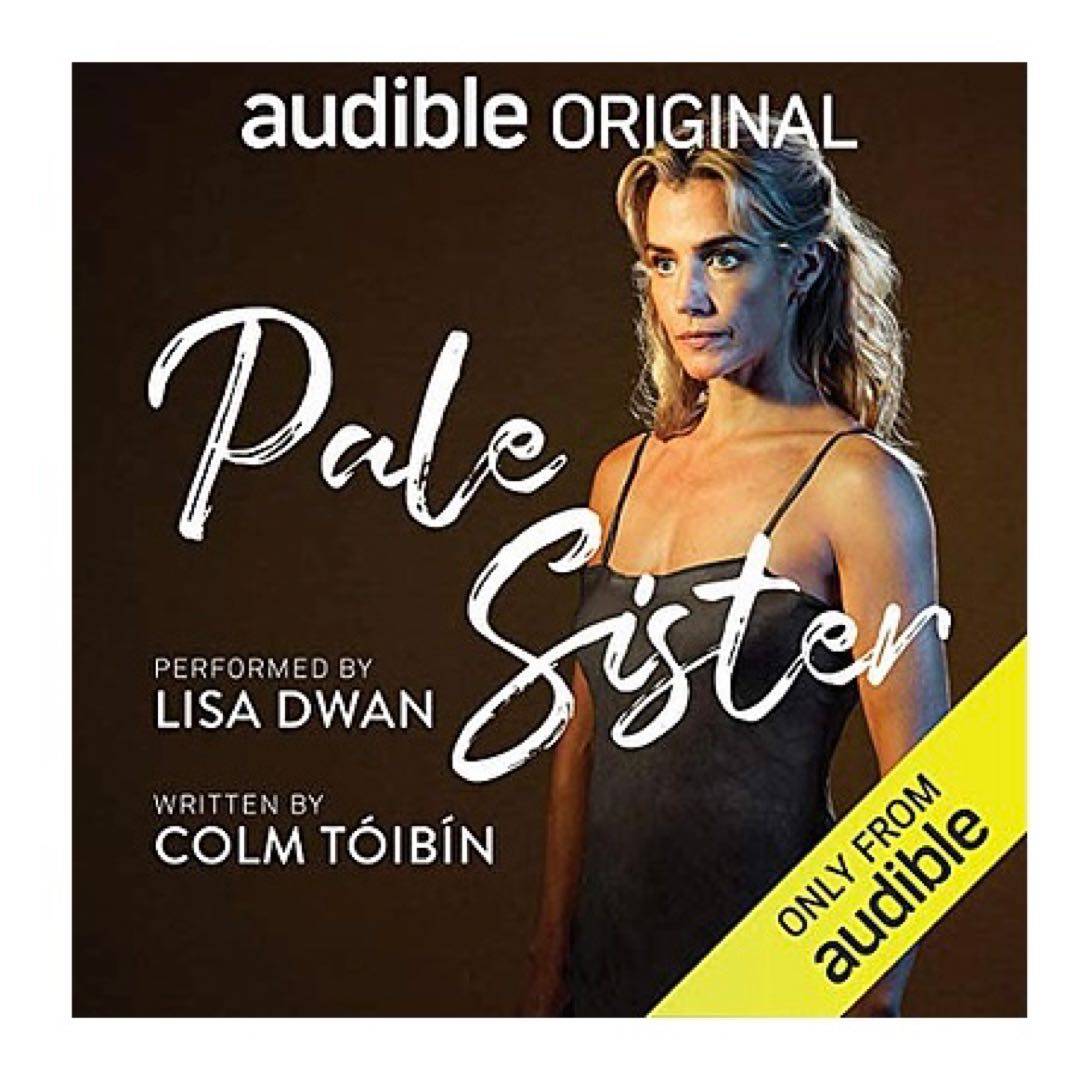
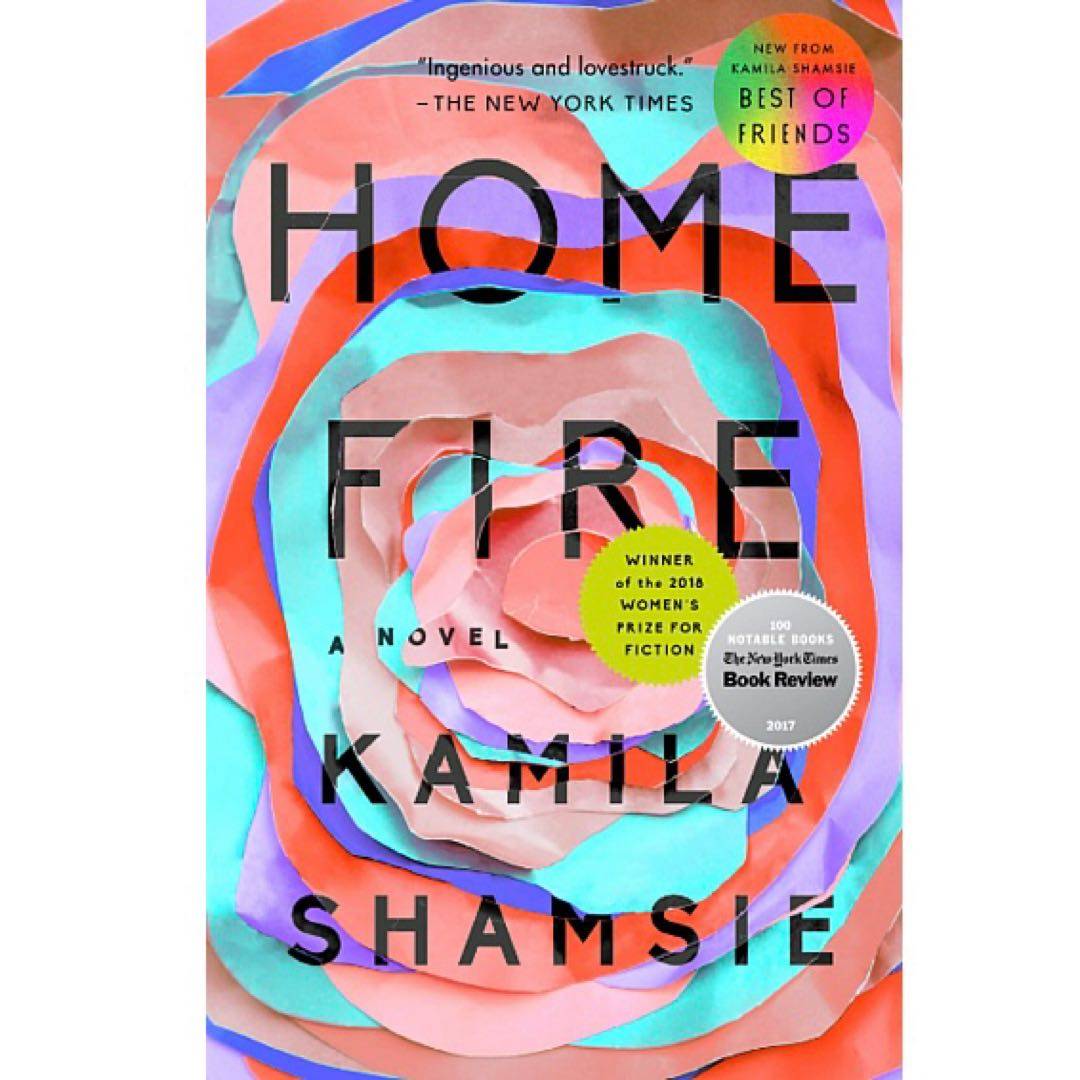
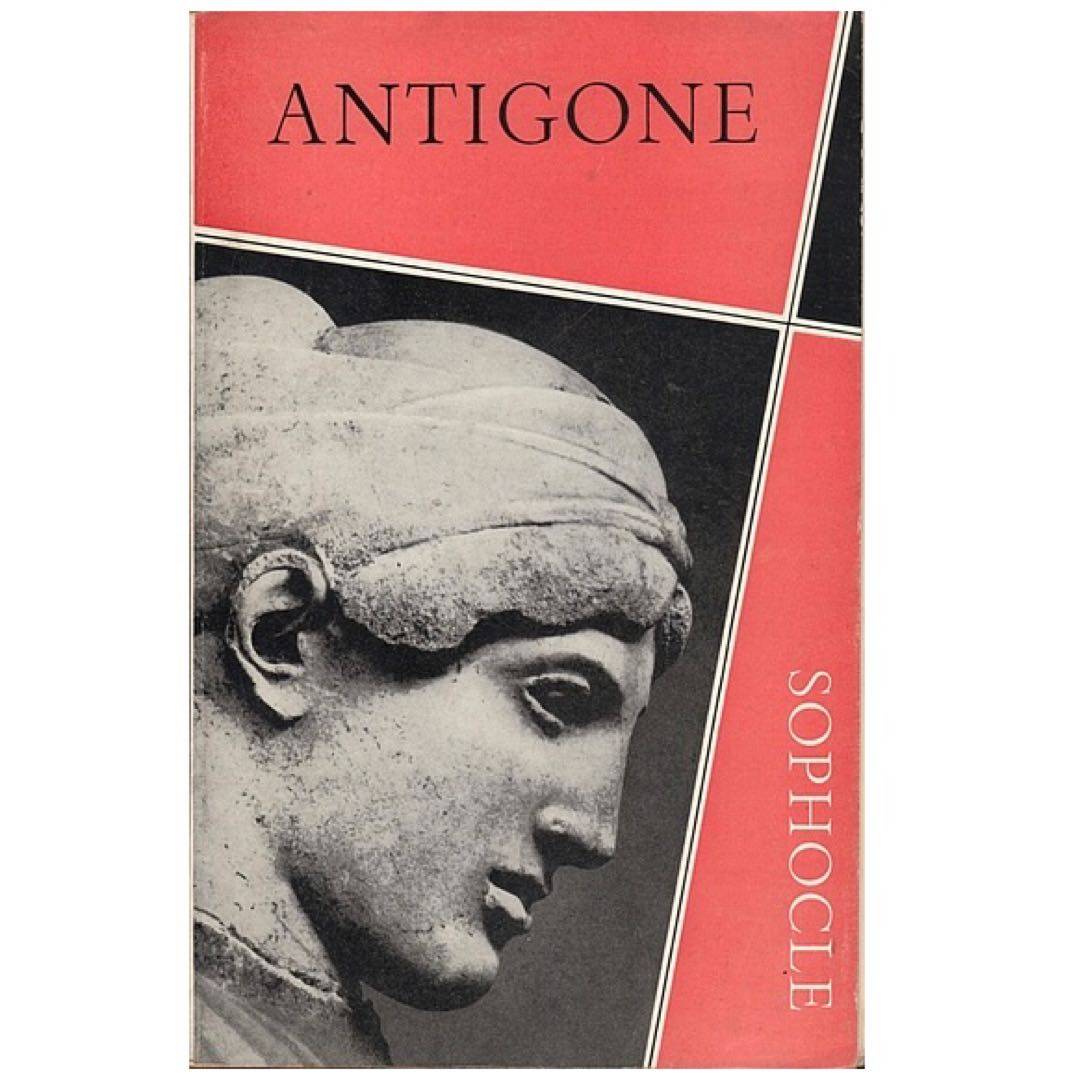
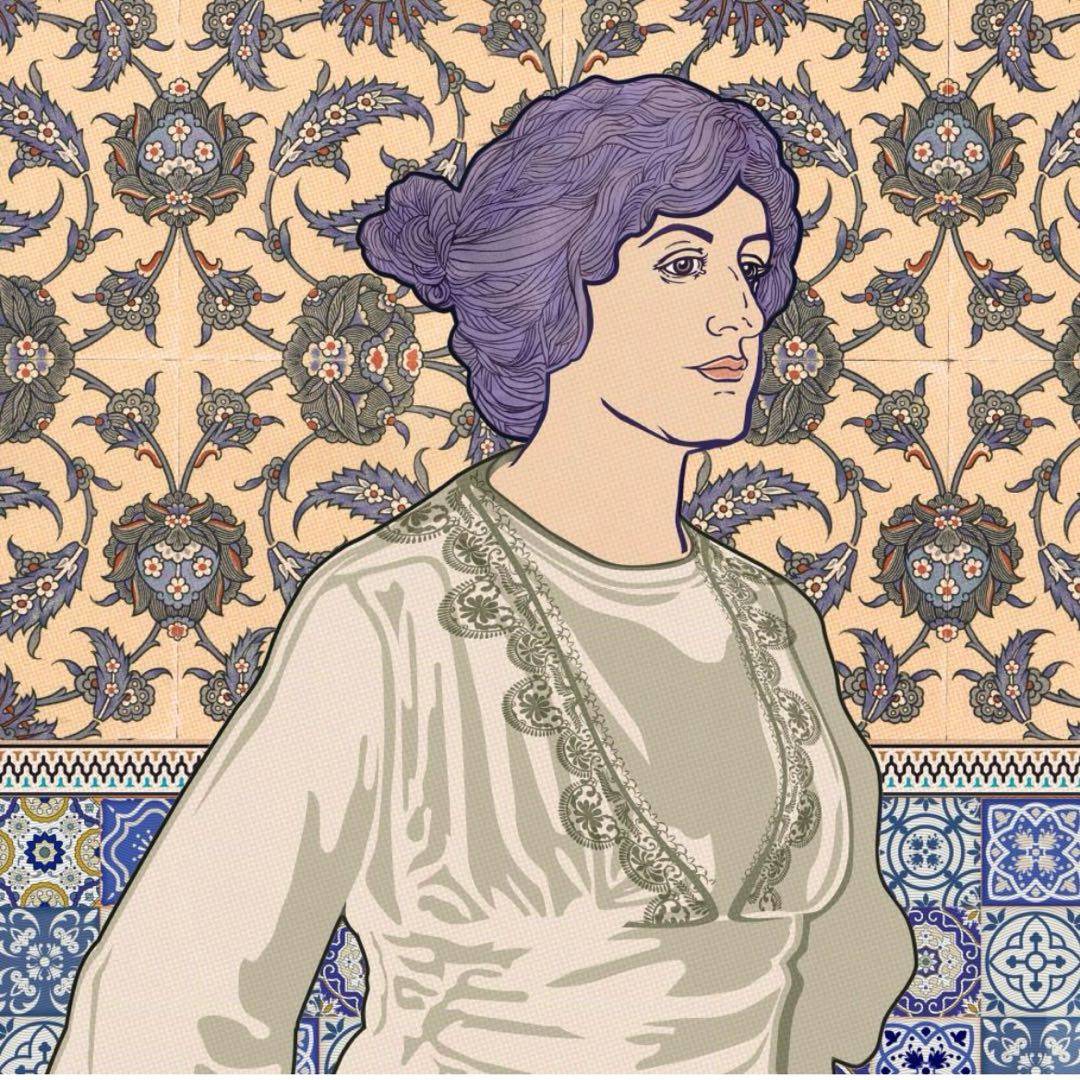

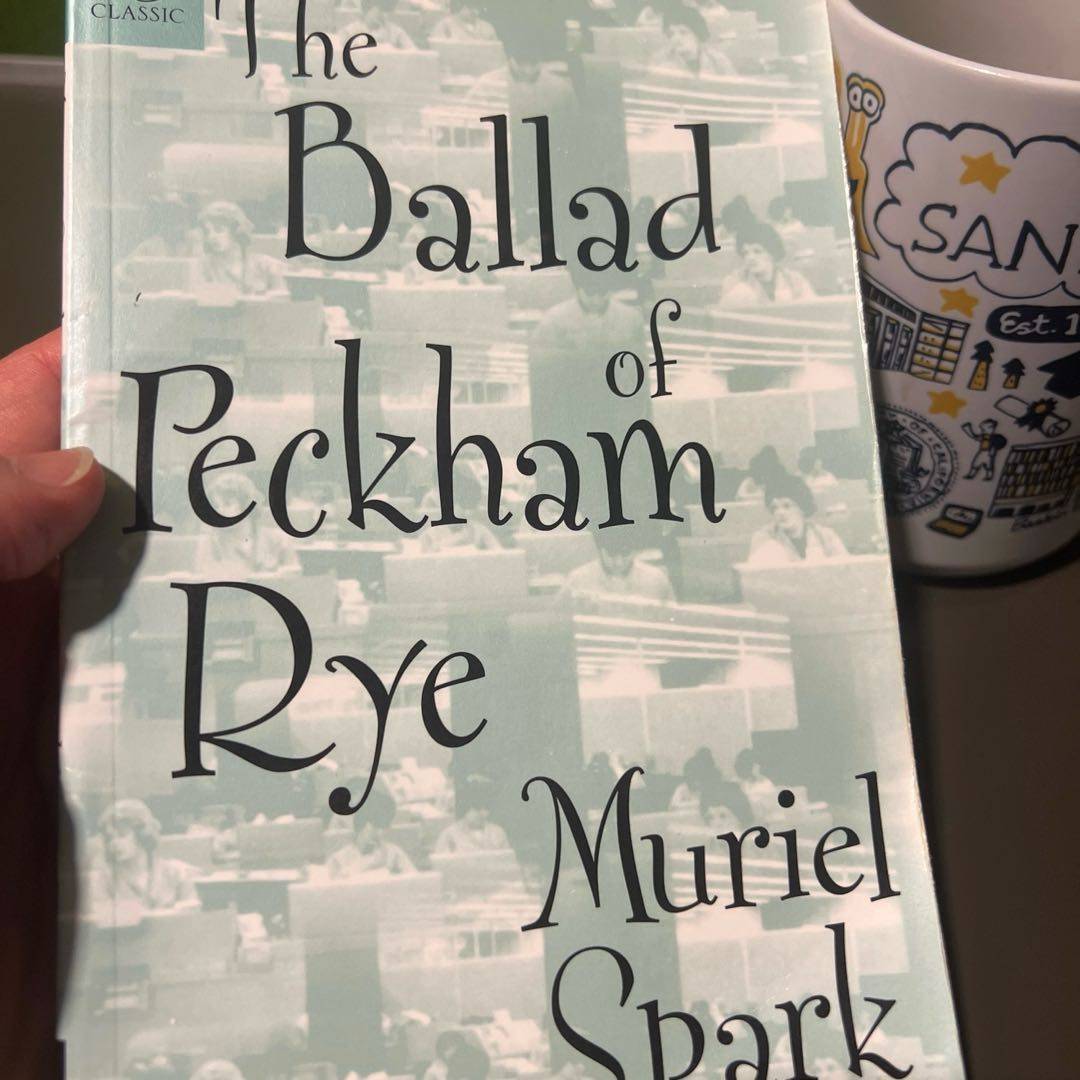
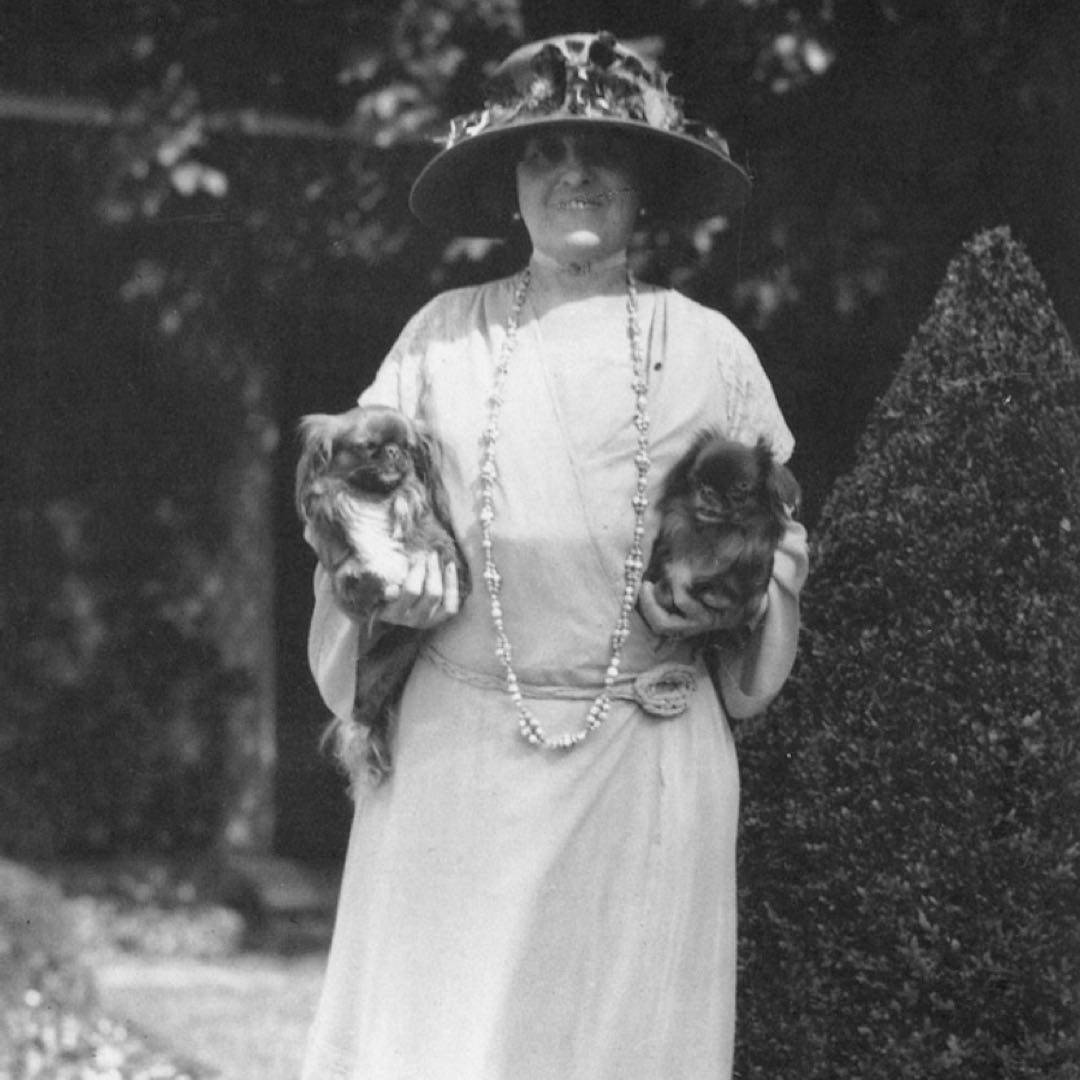
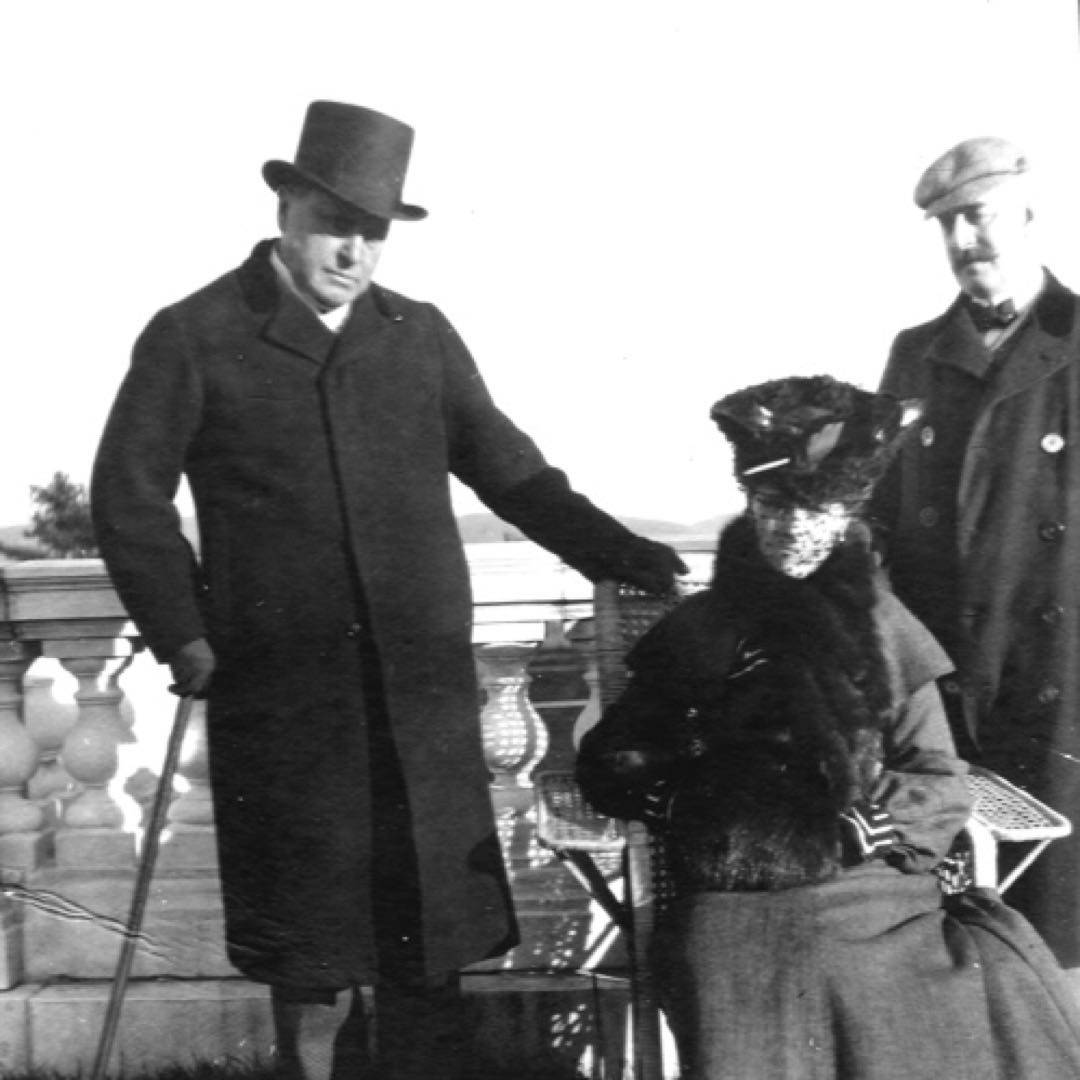
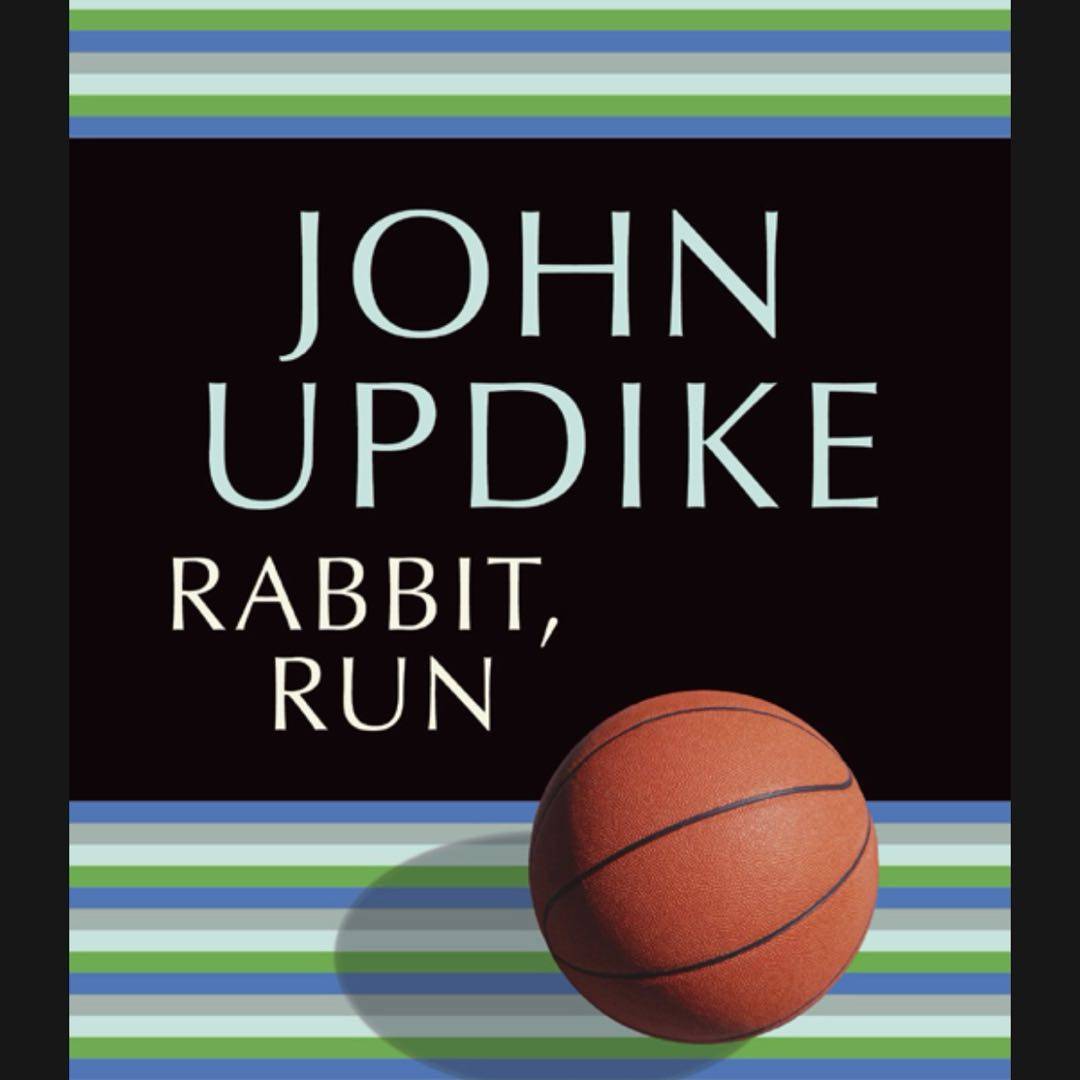
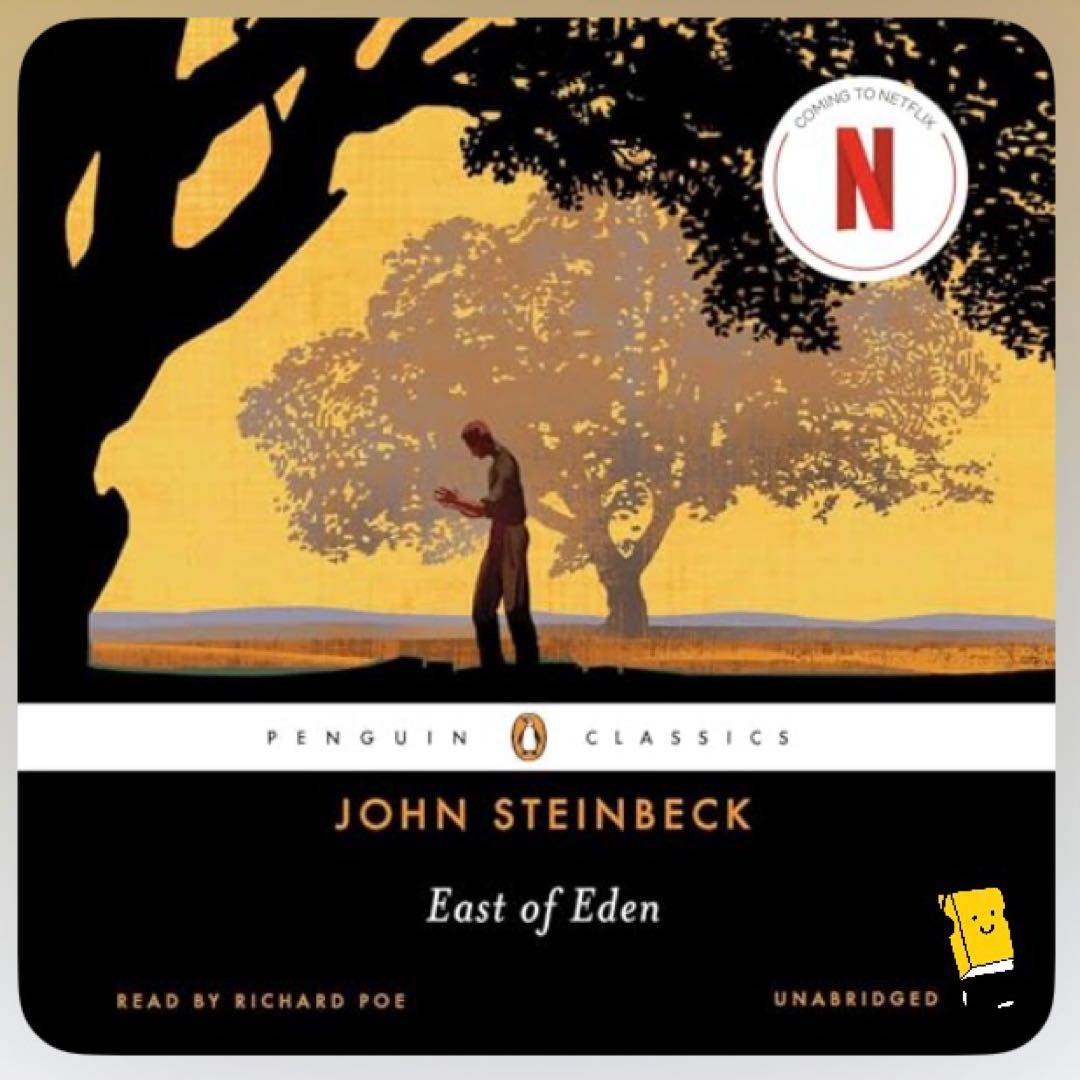
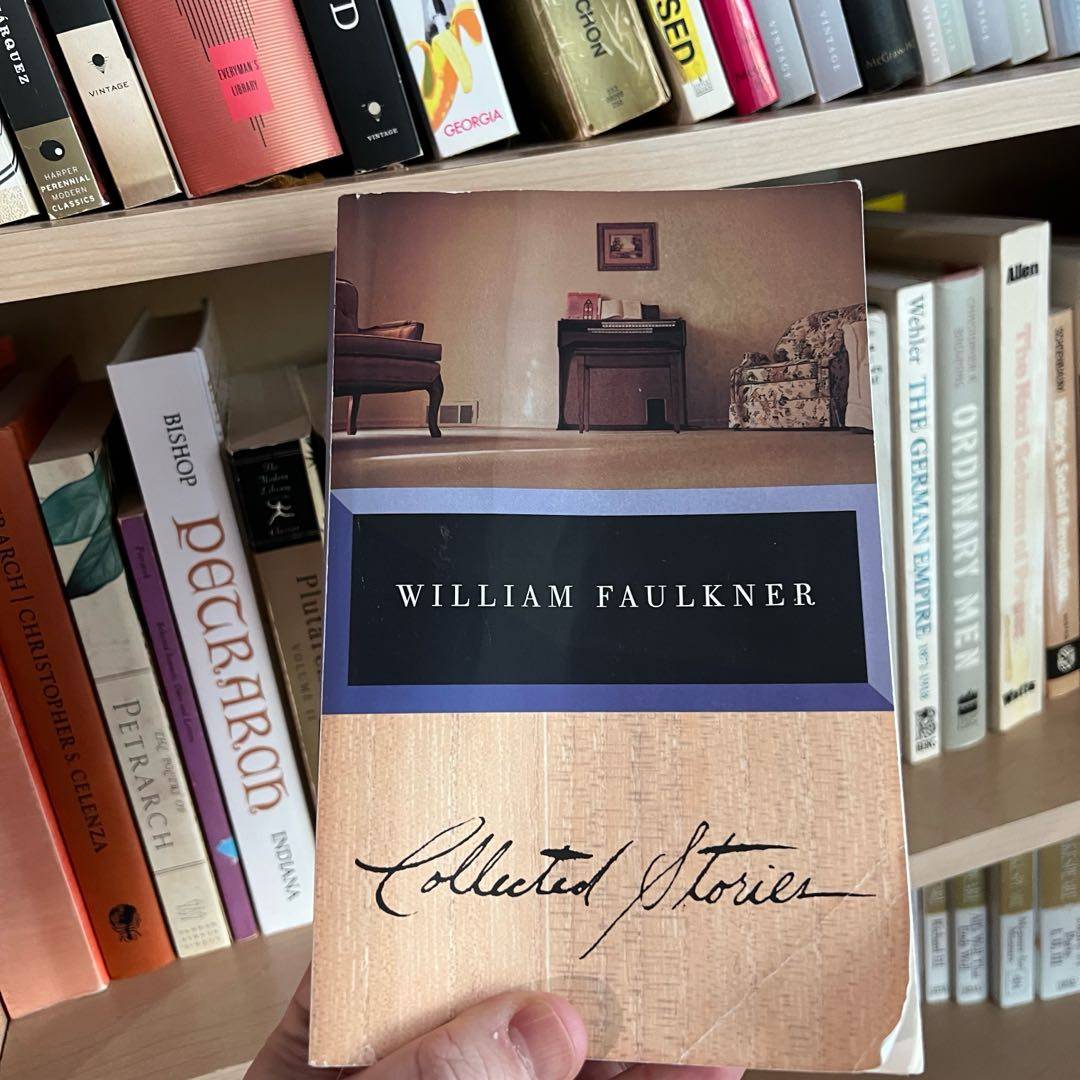
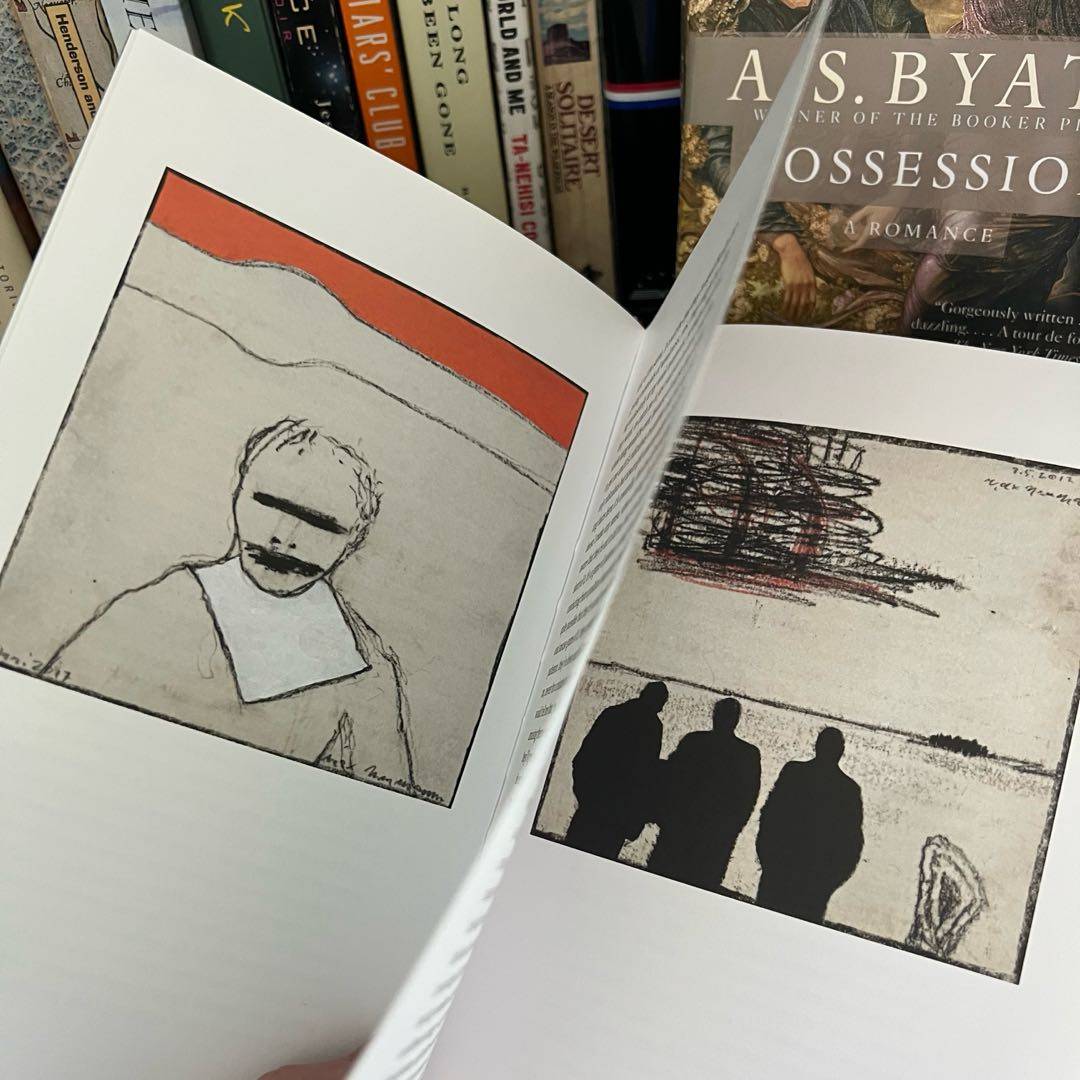
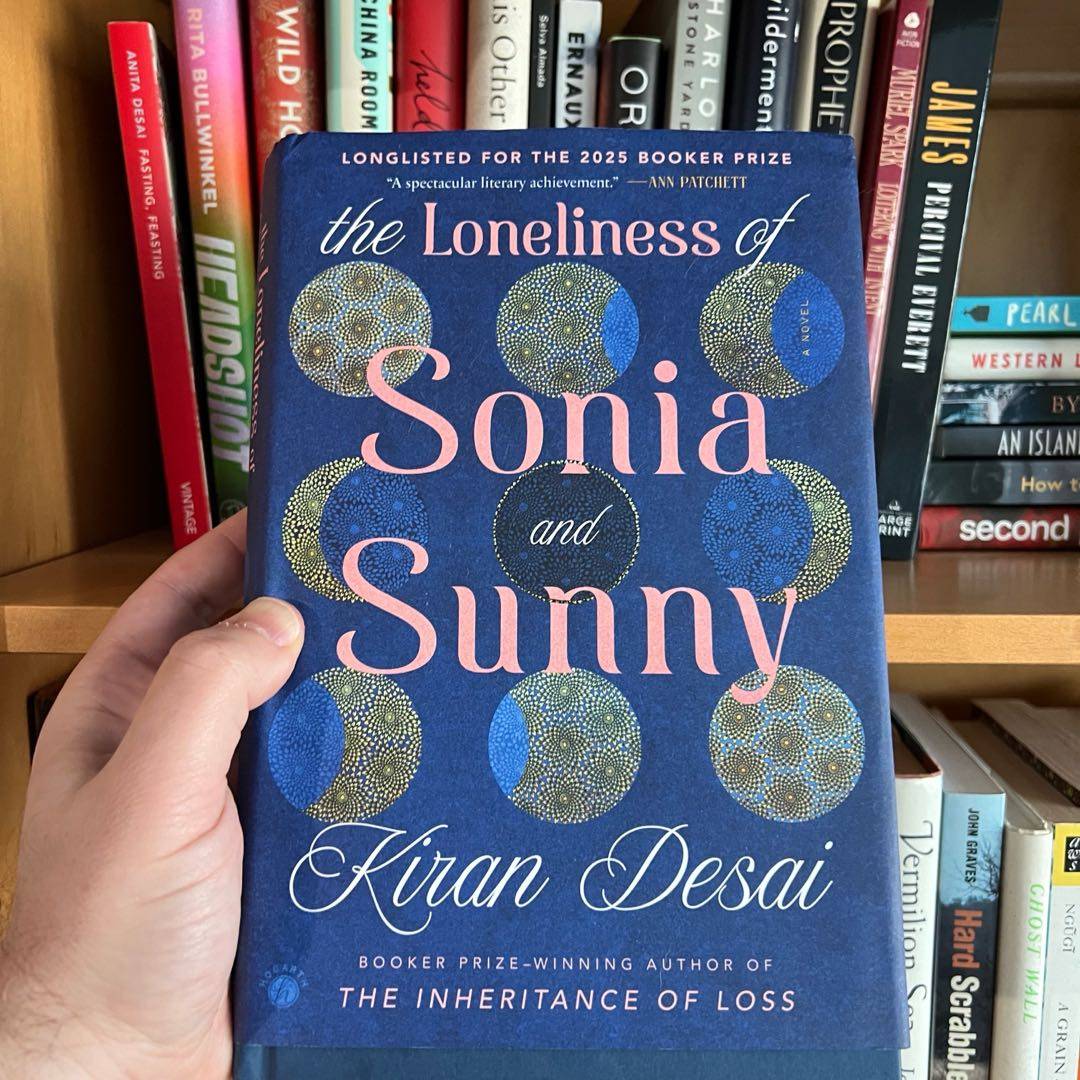
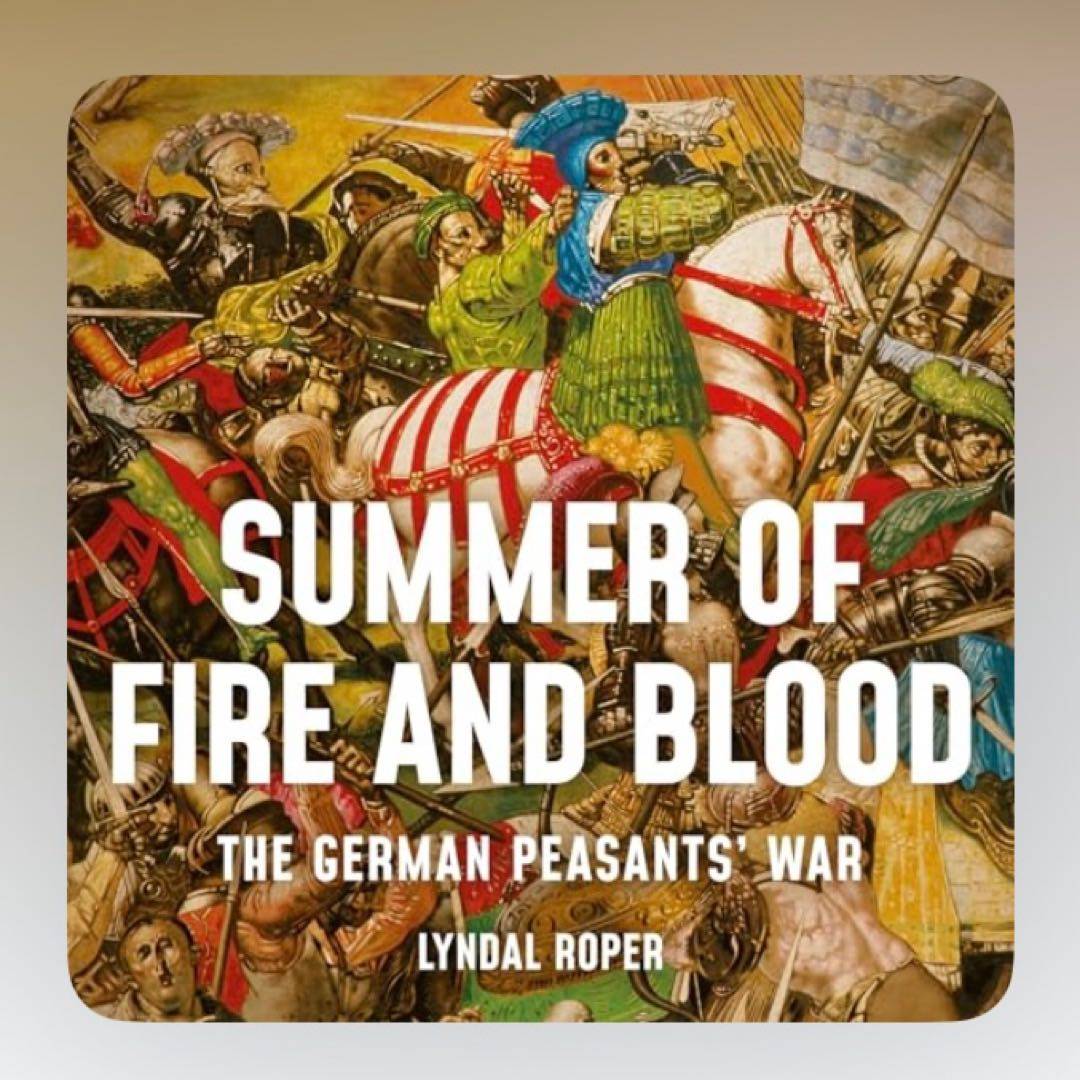

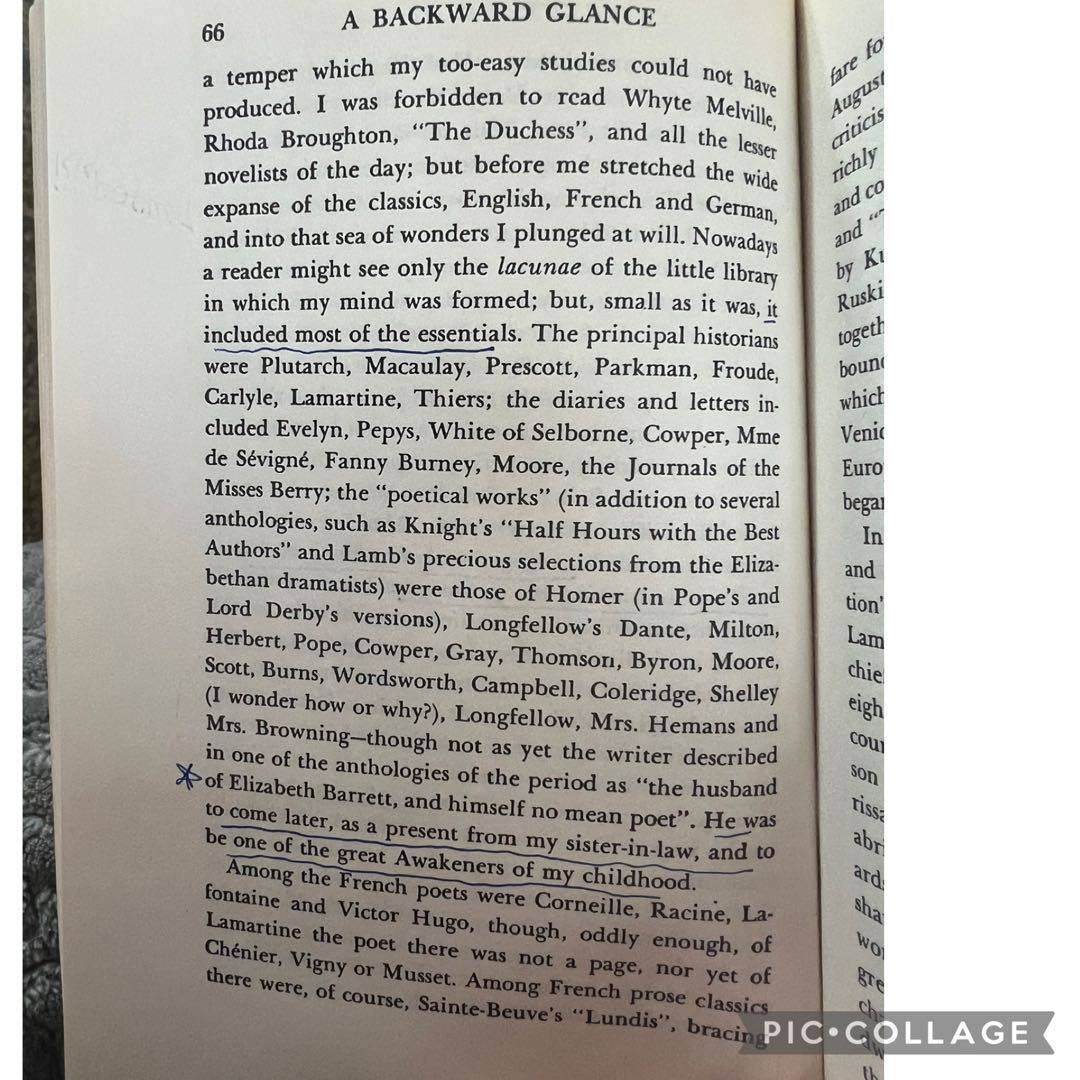
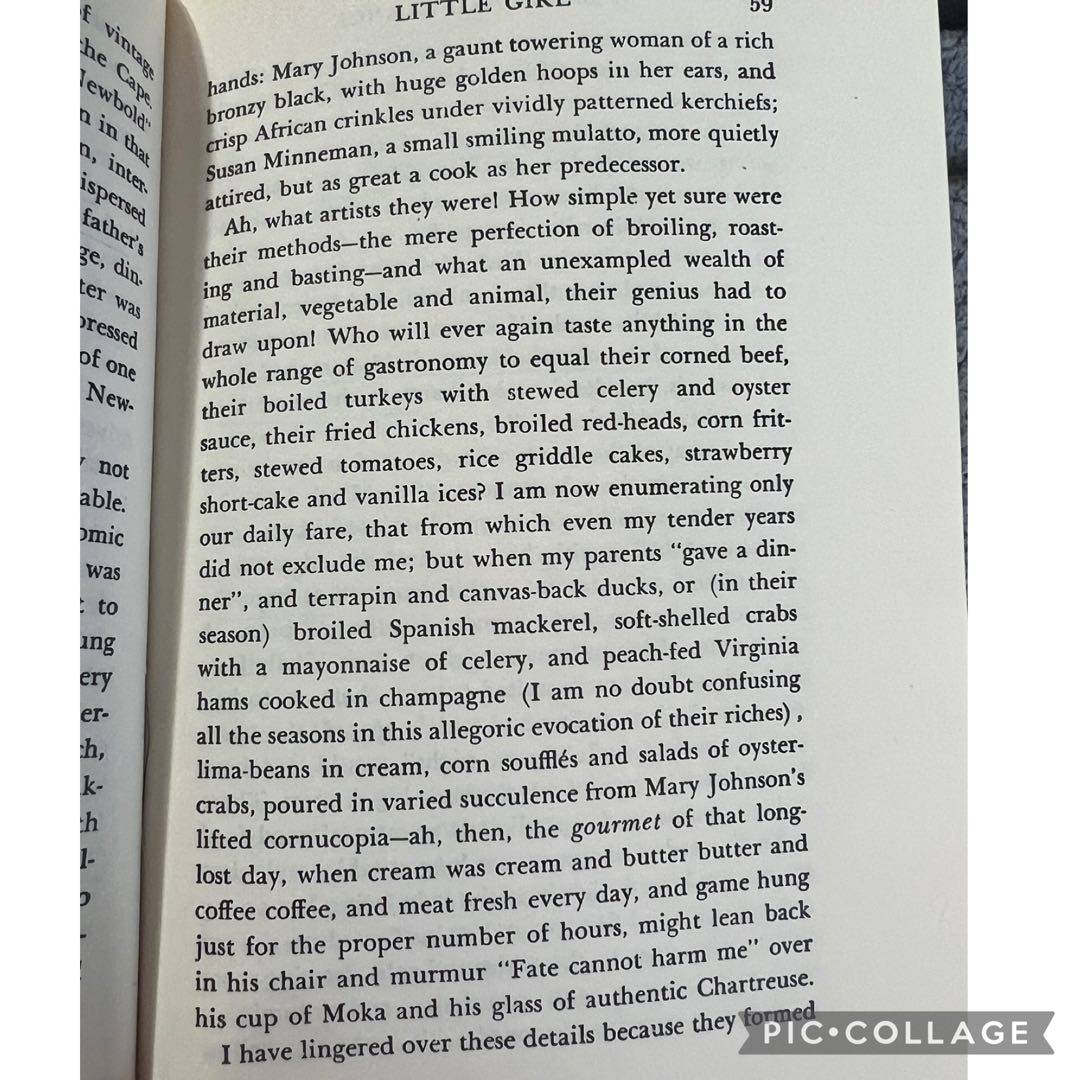
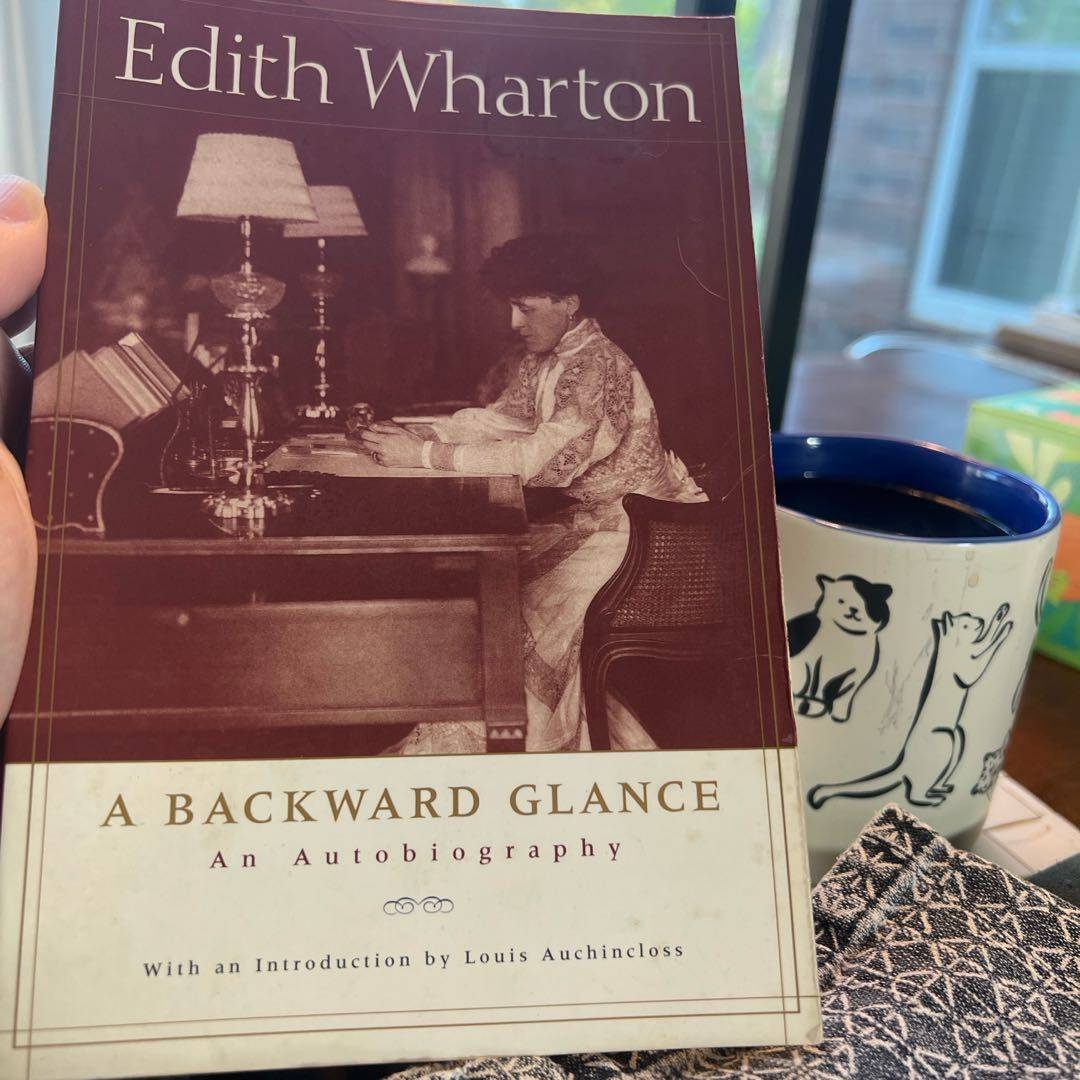
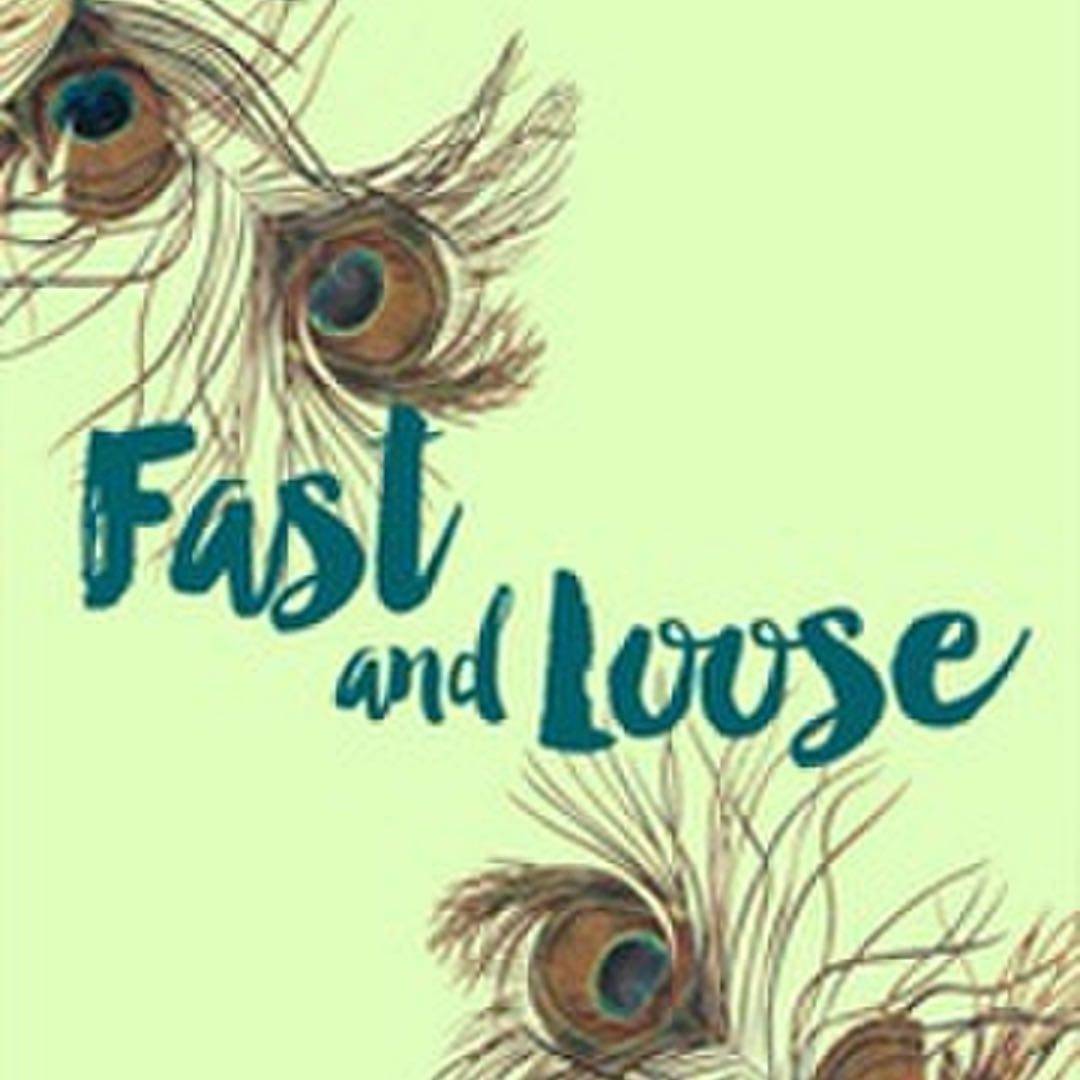


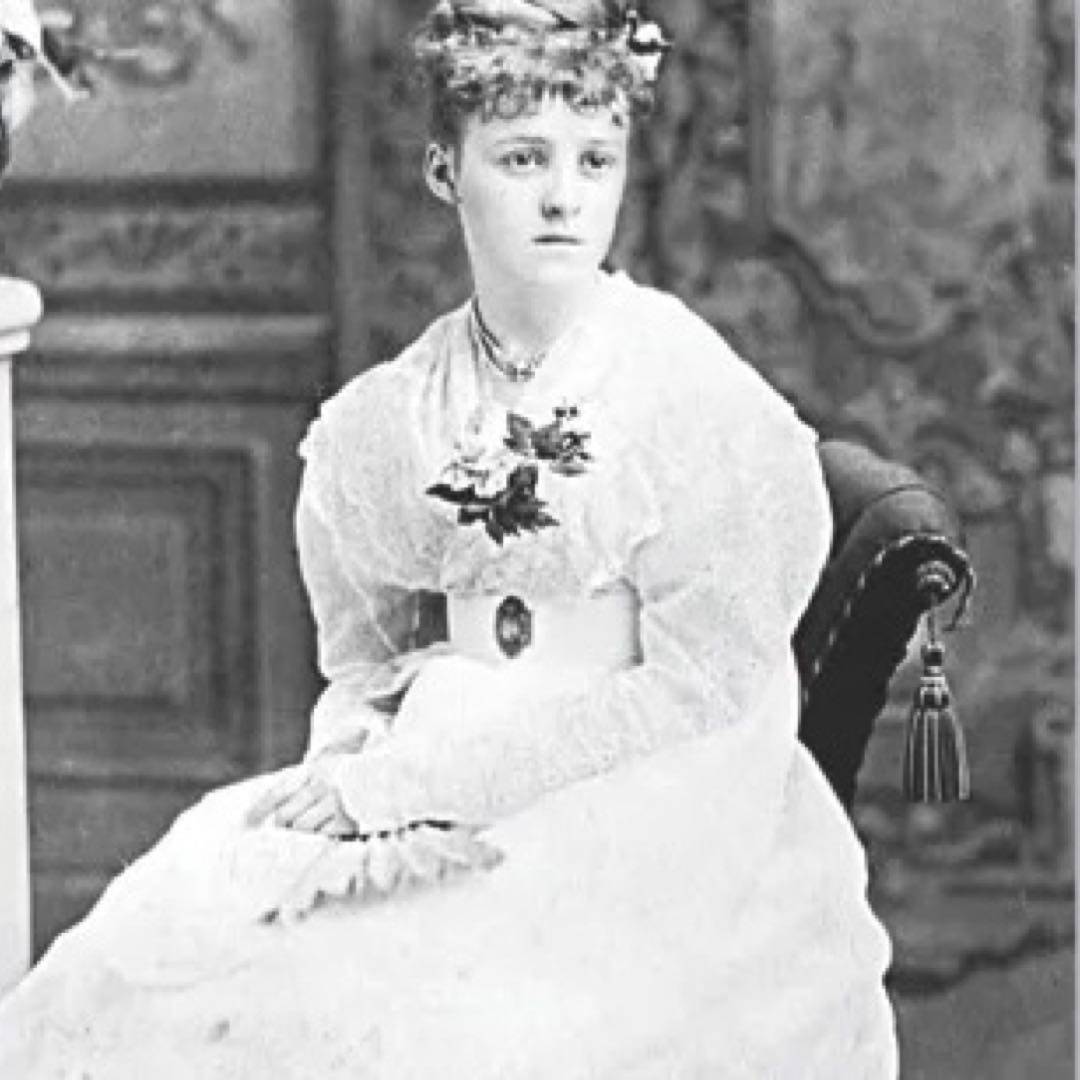
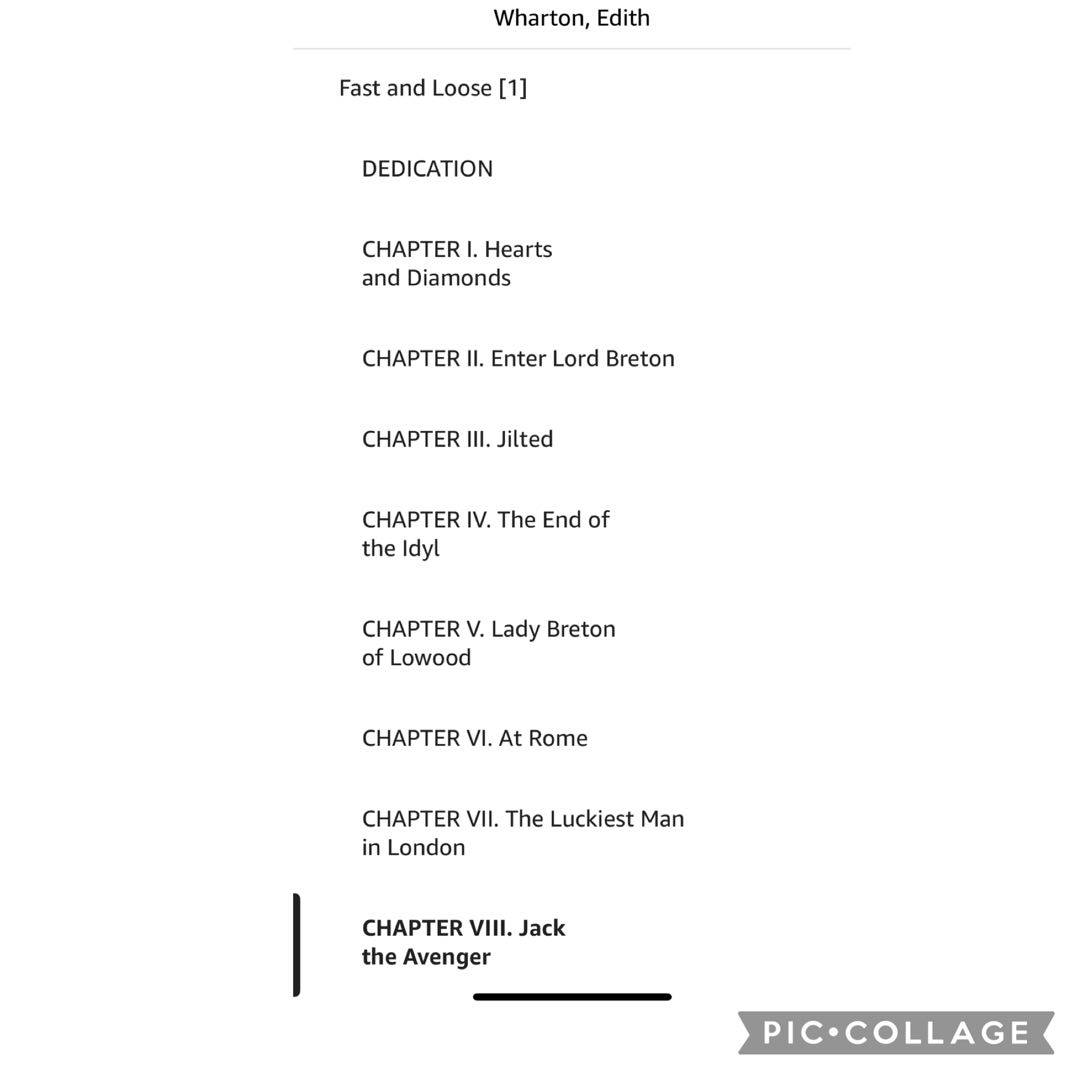
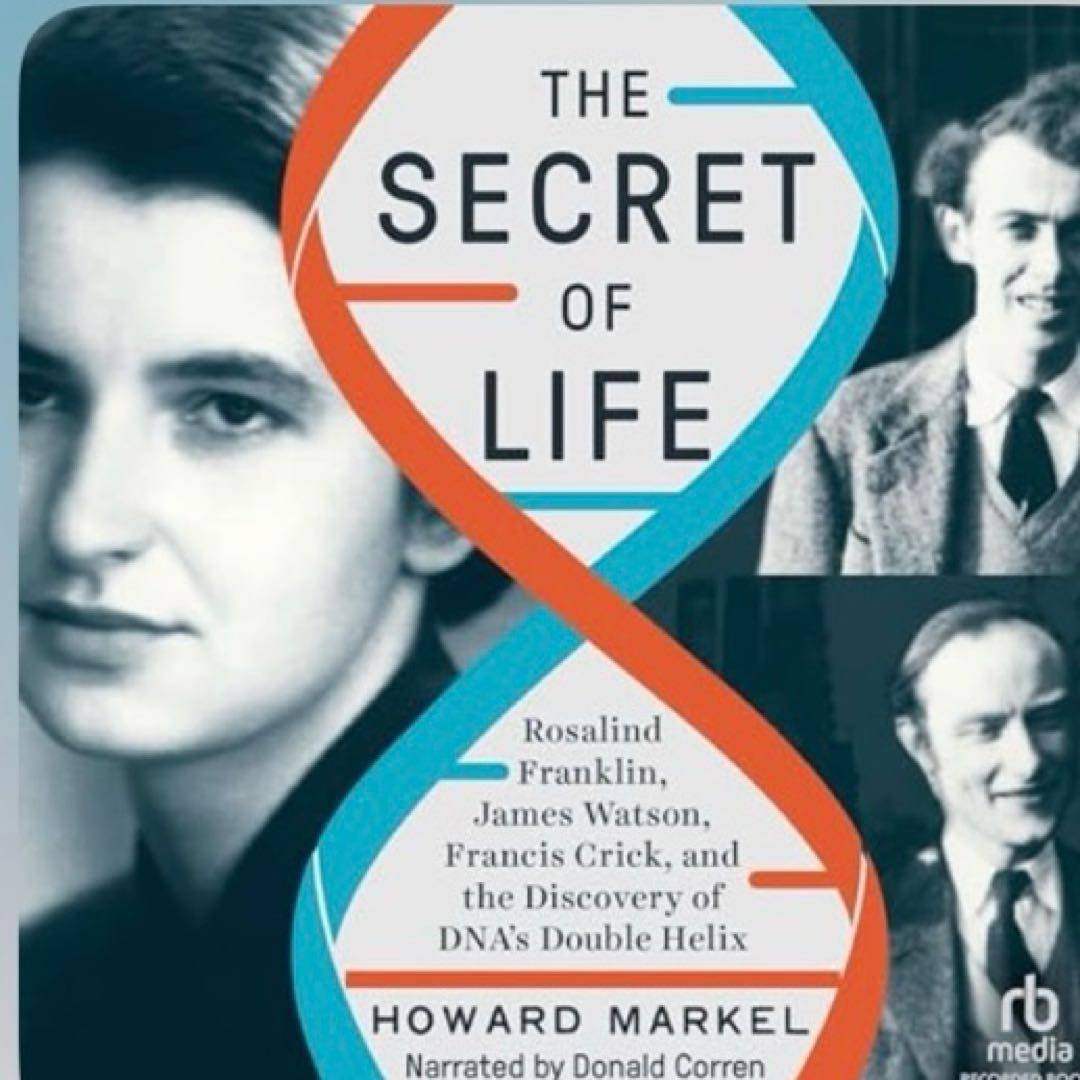
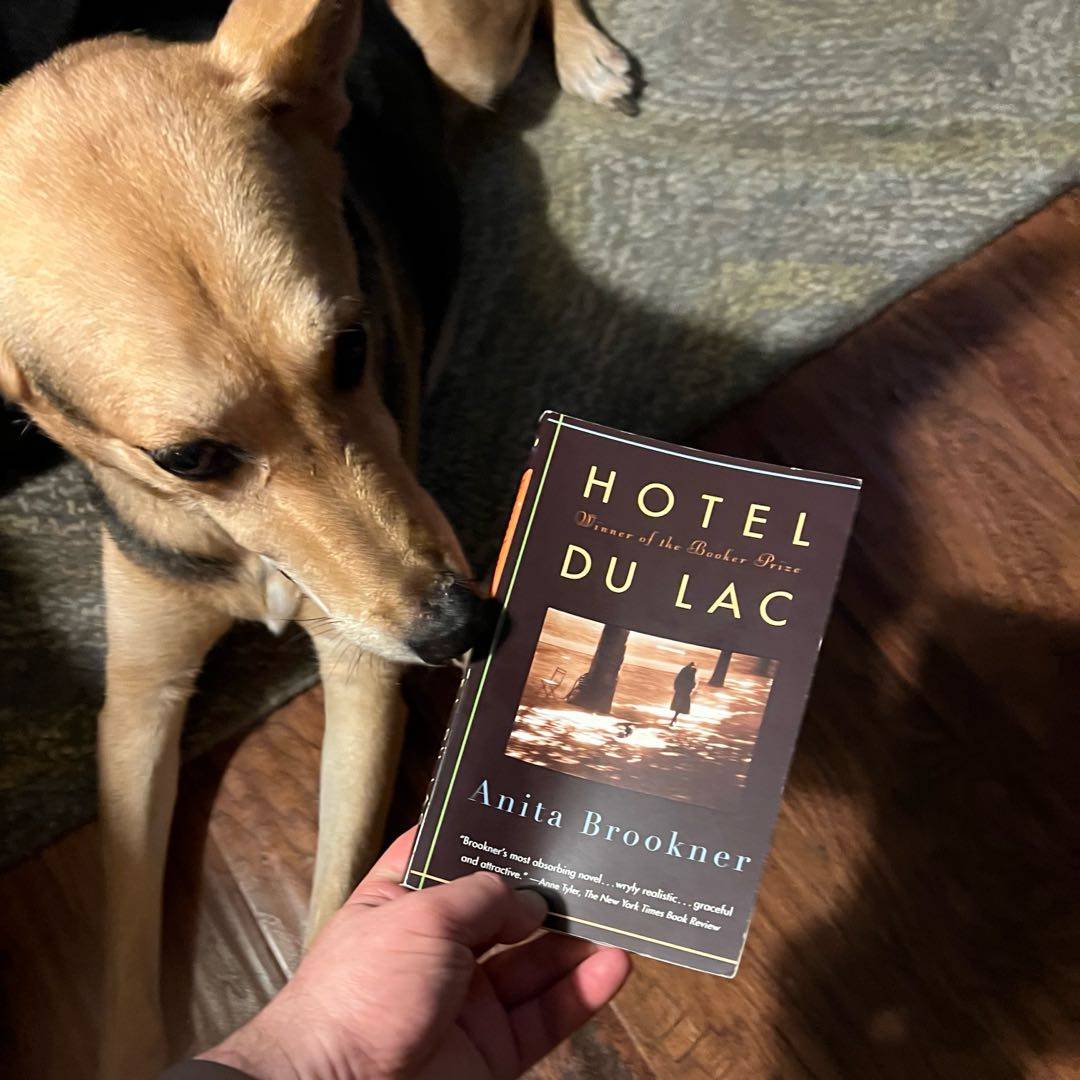

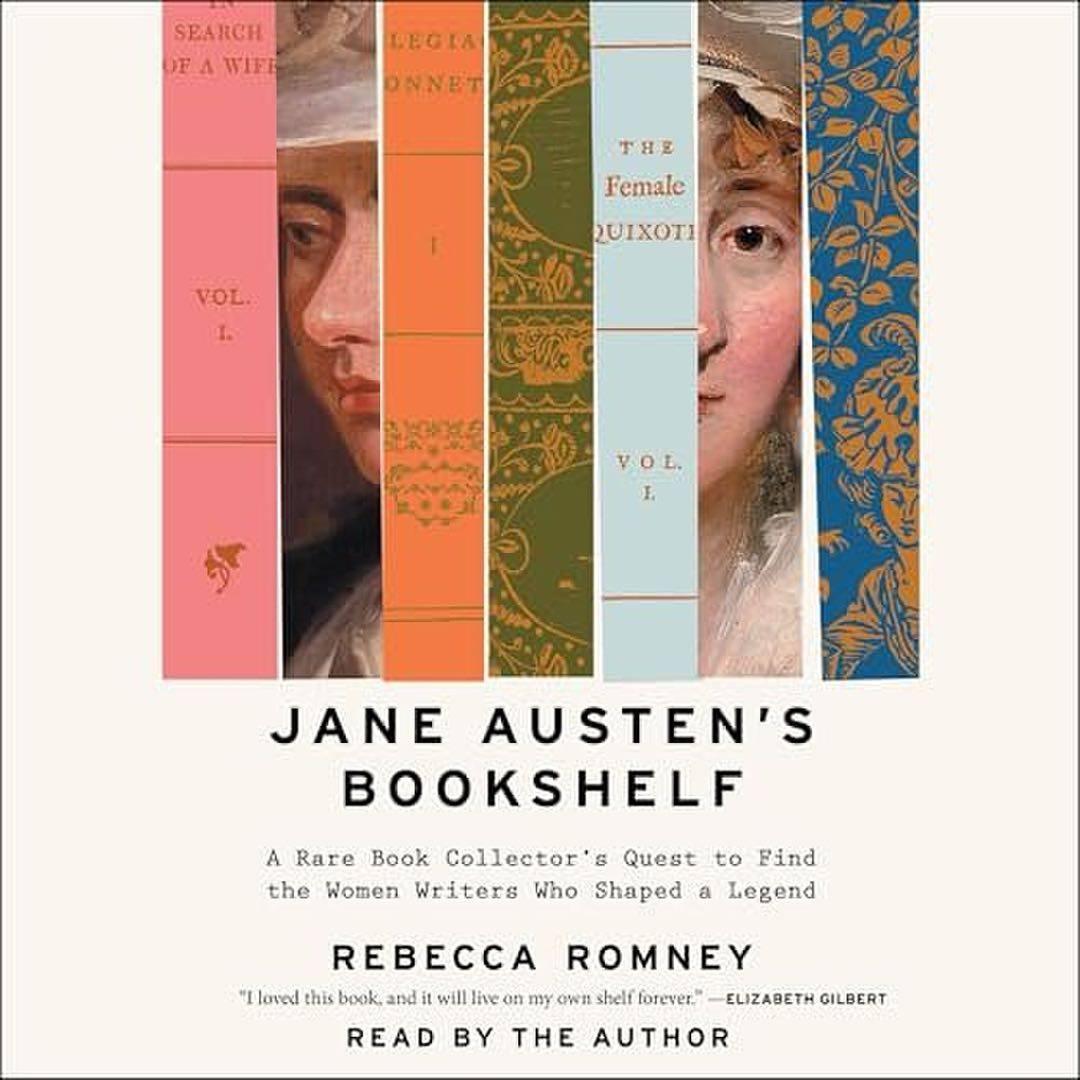
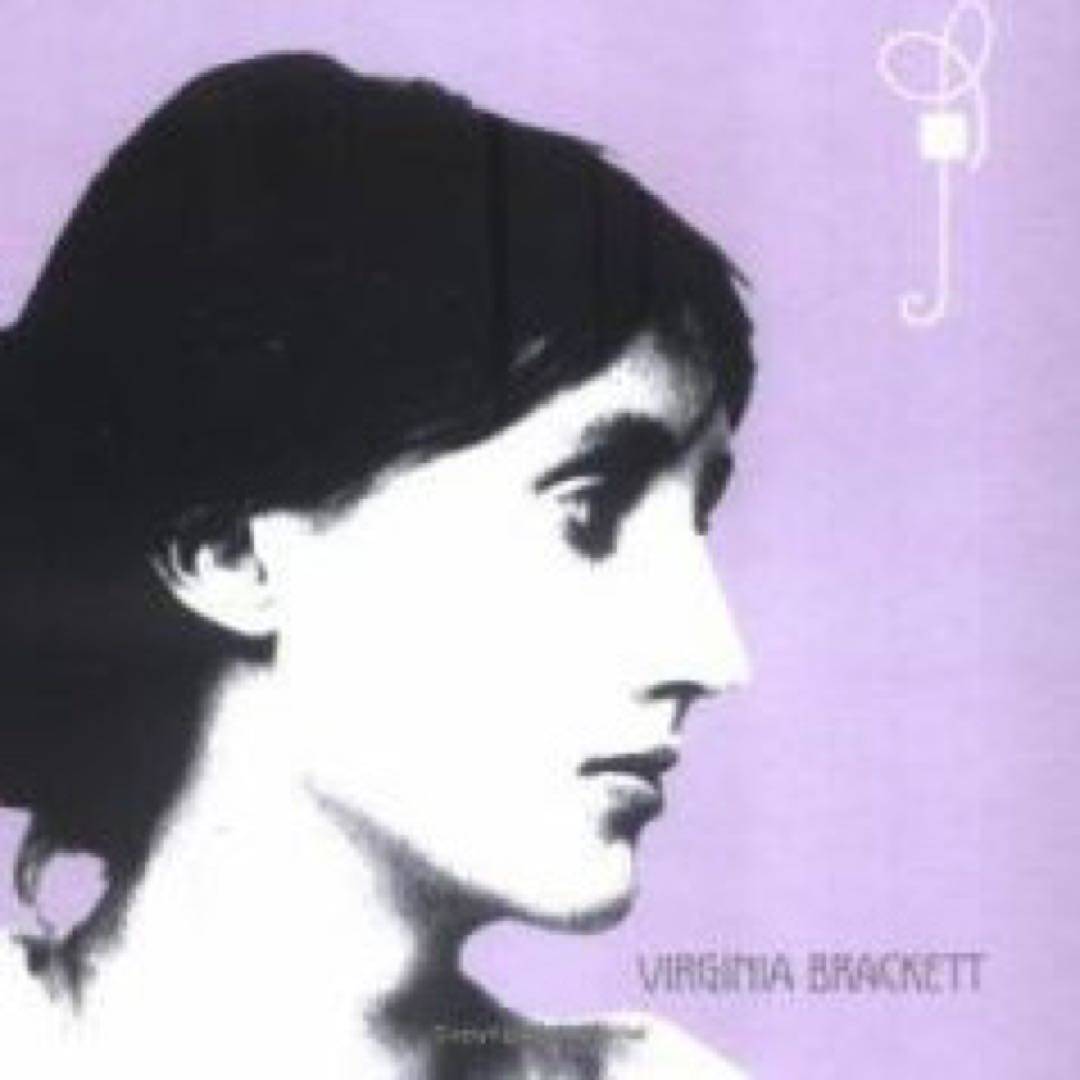
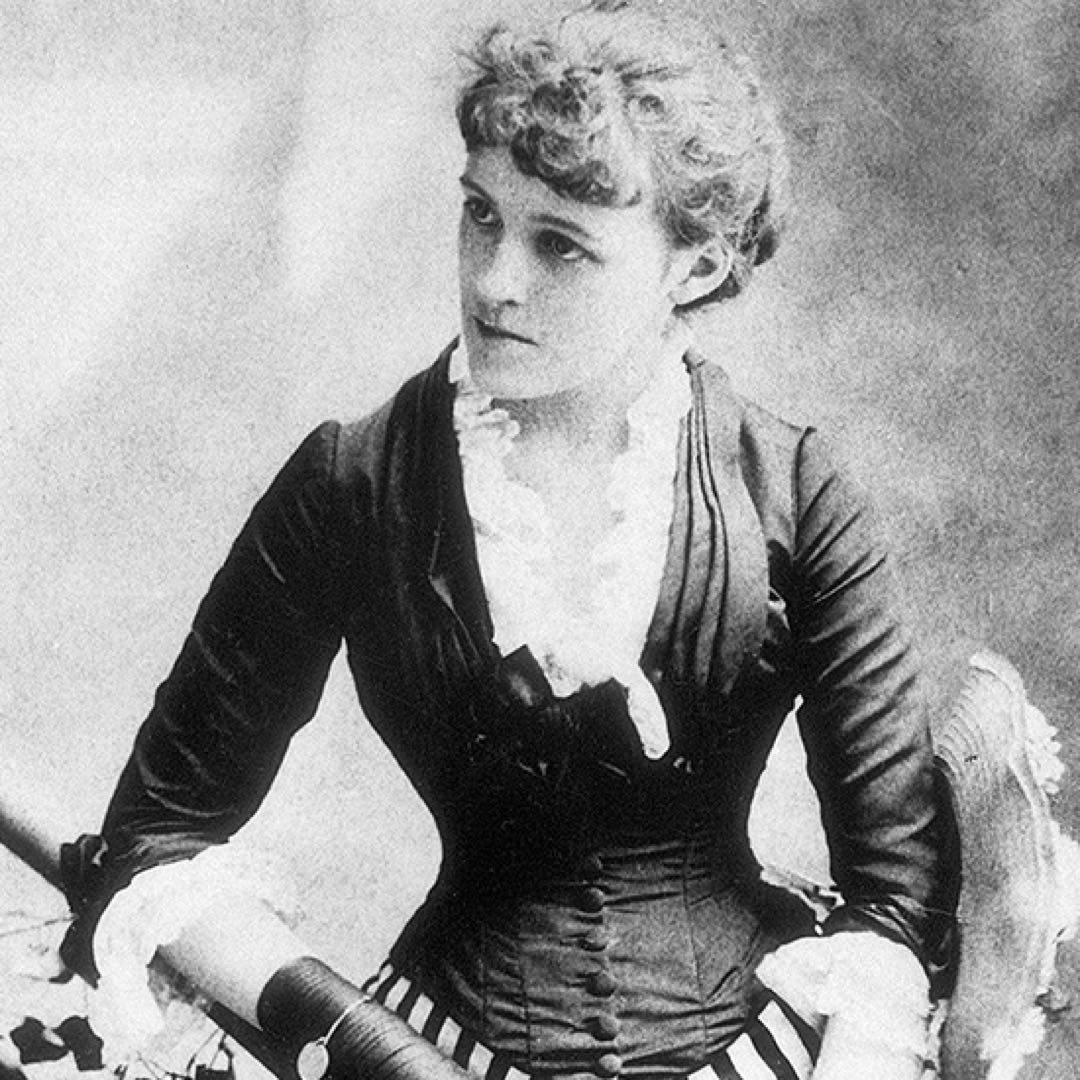
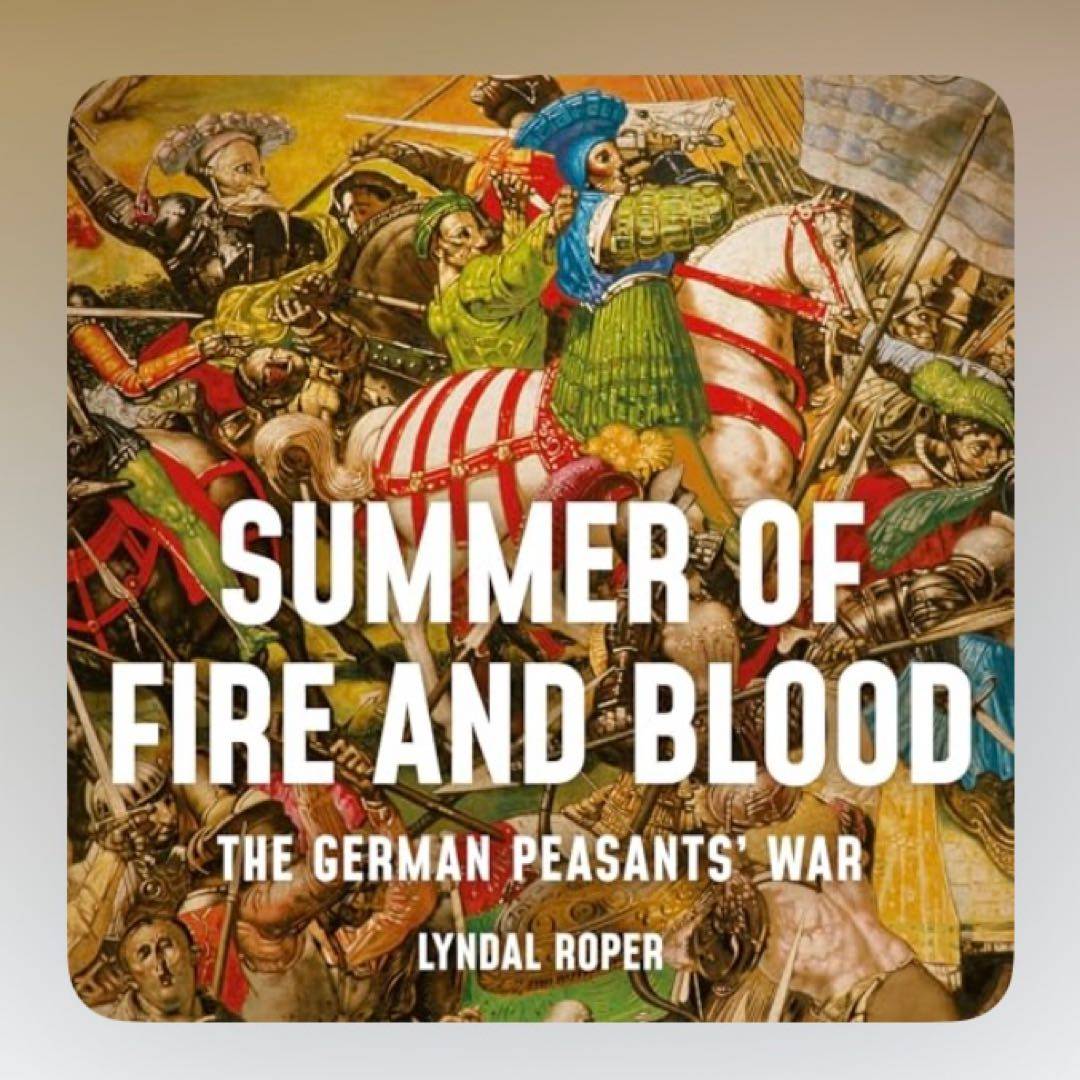
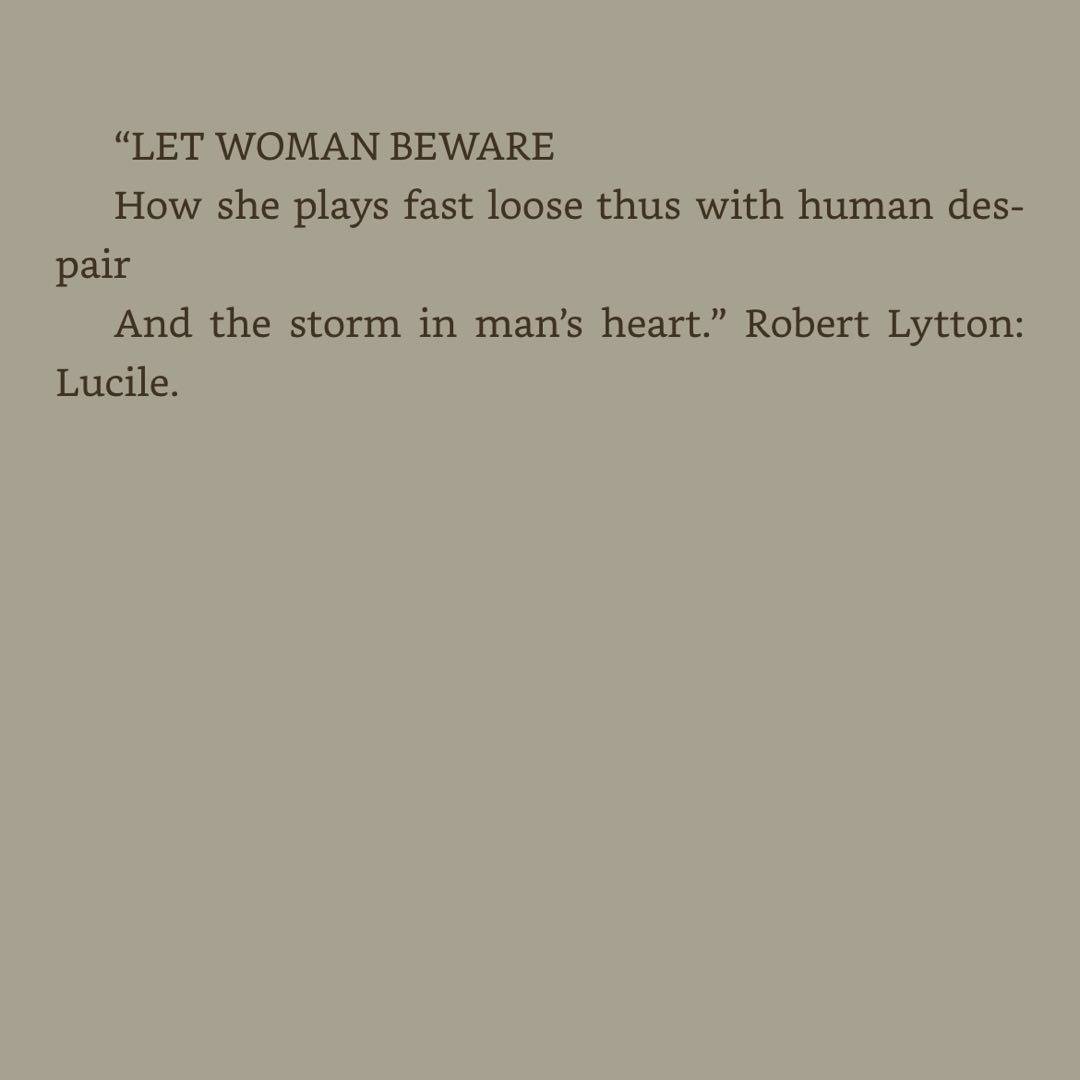
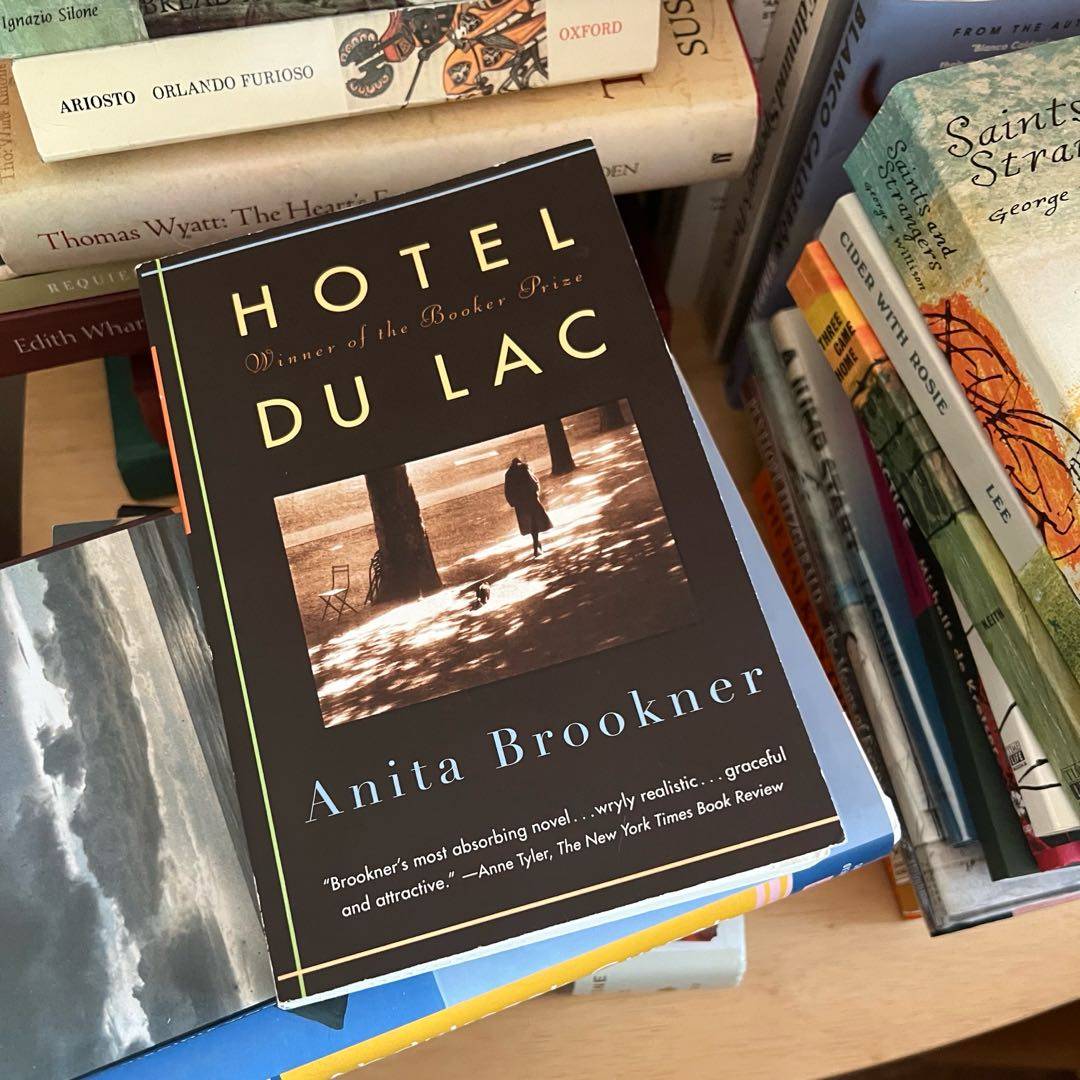
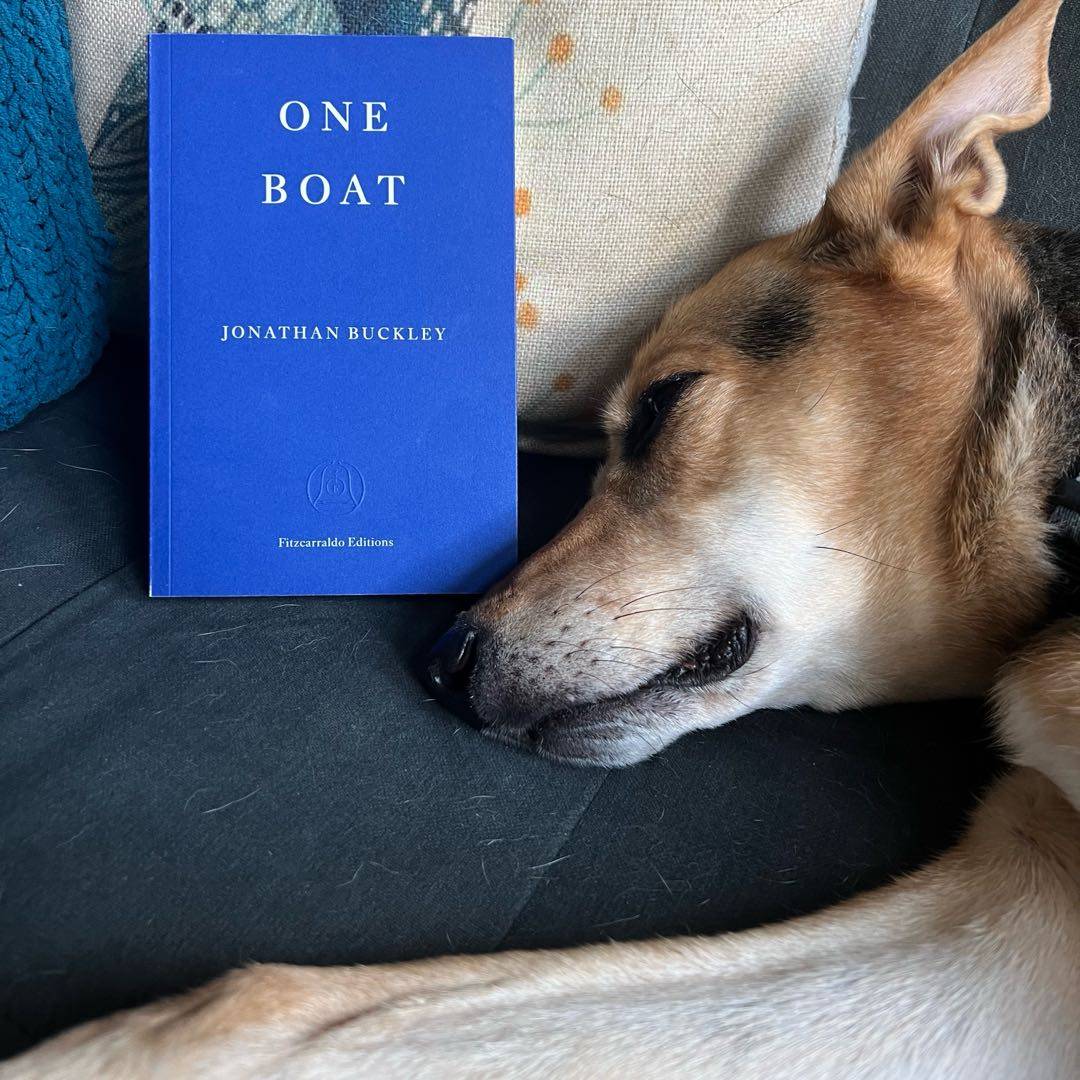
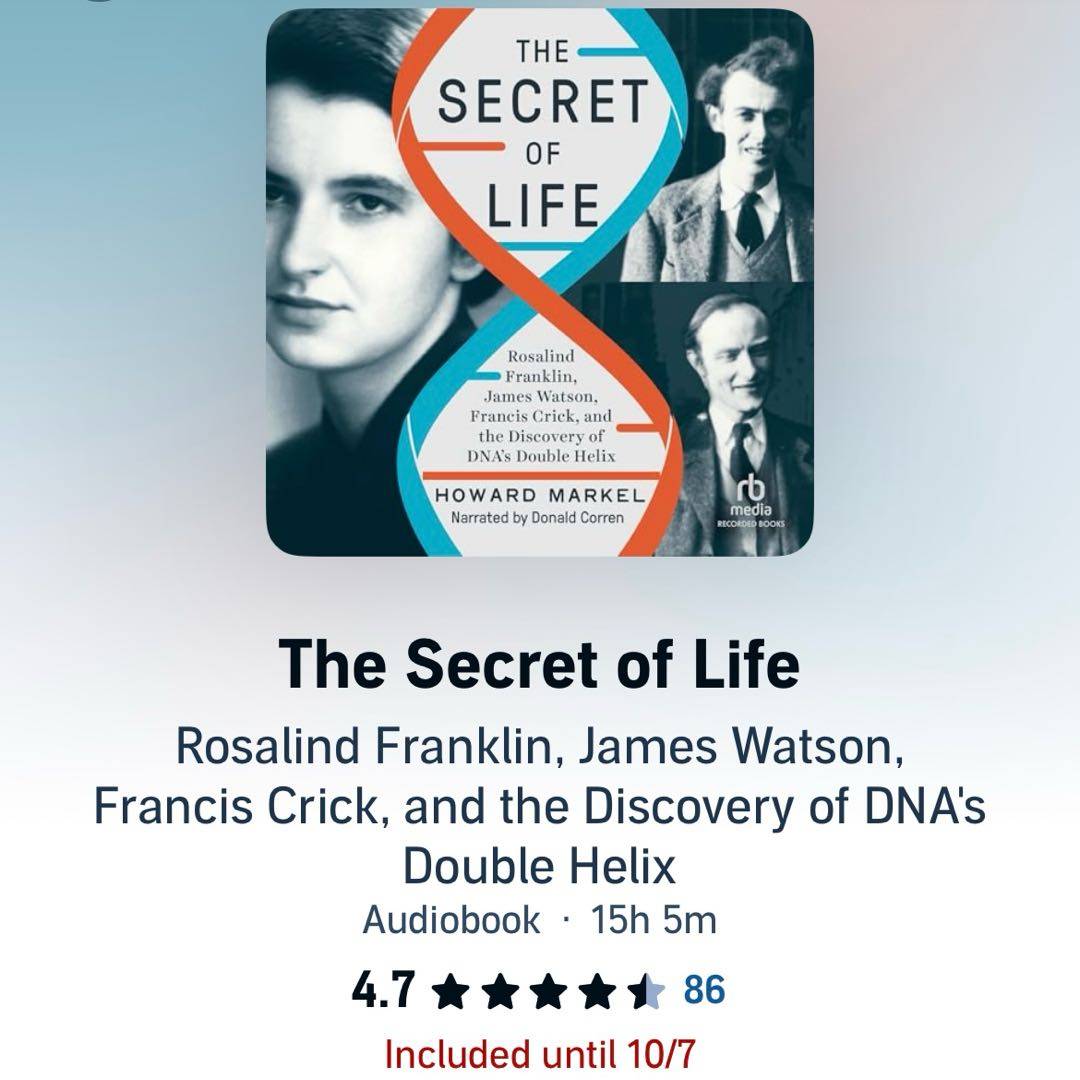
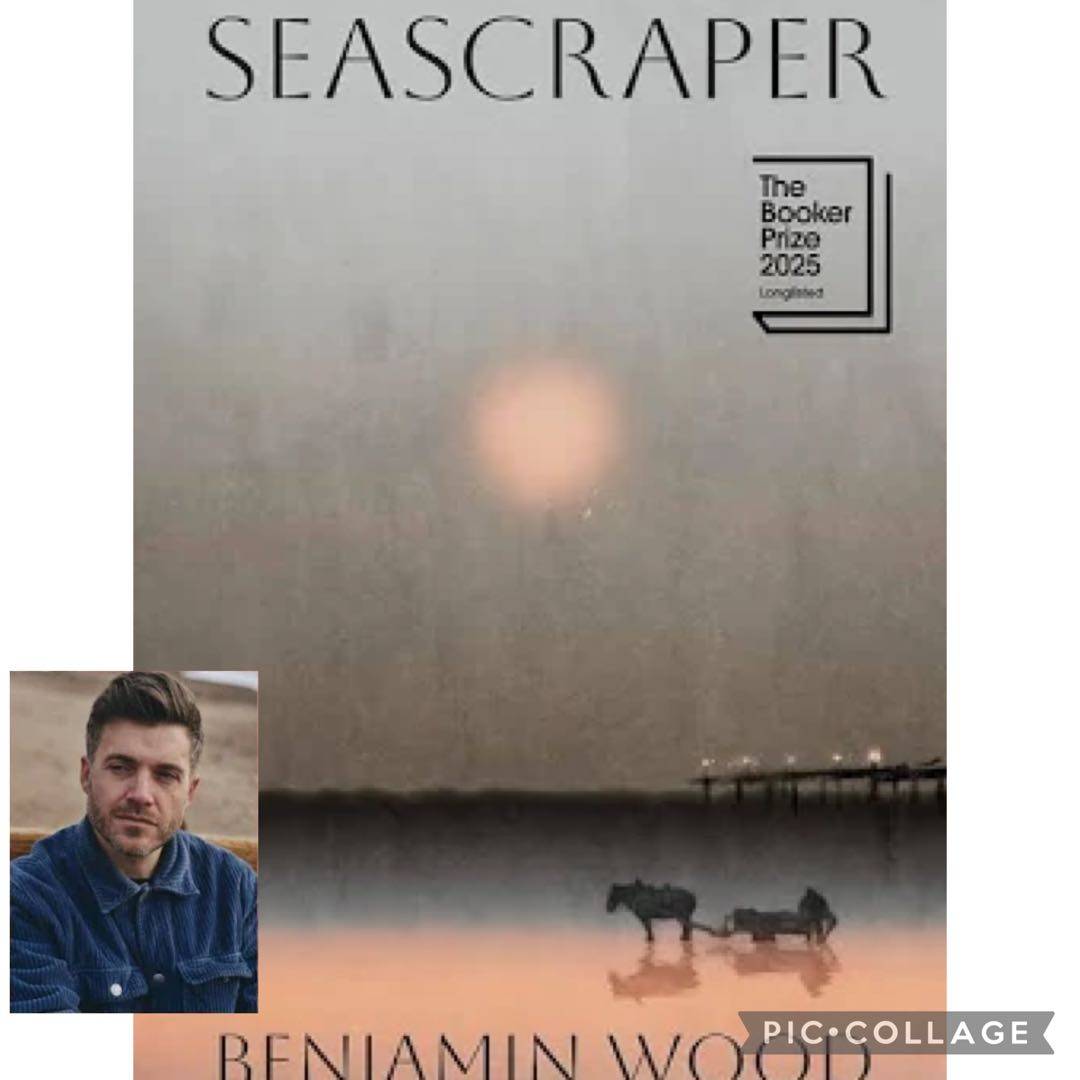
Best classic: To the Lighthouse by Virginia Woolf
Favorite “modern classics” (some Booker-listed)
The Children's Book by A. S. Byatt
The Beginning of Spring by Penelope Fitzgerald
Housekeeping by Marilynne Robinson
Disgrace by J. M. Coetzee
The Edible Woman by Margaret Atwood
Favorite New fiction
Audition by Katie Kitamura
Seascraper by Benjamin Wood
Clear by Carys Davies 2d
A Backward Glance: An Autobiography by Edith Wharton
The Secret of Life: Rosalind Franklin, James Watson, Francis Crick, and the Discovery of DNA's Double Helix by Howard Markel
Jane Austen's Bookshelf by Rebecca Romney
William Blake vs the World by John Higgs 2d
2025 Booker Prize longlist personal favorites not listed above
(I read both longlists - IB and regular.)
On the Calculation of Volume (Book I) by Solvej Balle
Solenoid by Mircea Cărtărescu
Eurotrash by Christian Kracht
On A Woman's Madness by Astrid Roemer
Endling by Maria Reva
Flesh by David Szalay
Misinterpretation by Ledia Xhoga 2d
A Month in the Country by J. L. Carr
Midnight's Children by Salman Rushdie
The Luminaries by Eleanor Catton
Never Let Me Go by Kazuo Ishiguro
Hotel Du Lac by Anita Brookner
Home Fire by Kamila Shamsie
Faulkner -
Go Down, Moses
Intruder in the Dust
(I also read The Wild Palms {If I Forget Thee, Jerusalem}, his collected stories, but wasn‘t a fan) 2d
Piers Plowman by William Langland
Bunner Sisters by Edith Wharton
East of Eden by John Steinbeck
Rabbit, Run by John Updike
Antigone by Sophocles
Other really good nonfiction:
The Age of Wonder by Richard Holmes
Why Fish Don't Exist by Lulu Miller
The Eagle and the Hart: The Tragedy of Richard II and Henry IV by Helen Castor
A Man on the Moon by Andrew Chaikin
The Story of a Heart by Rachel Clarke 2d